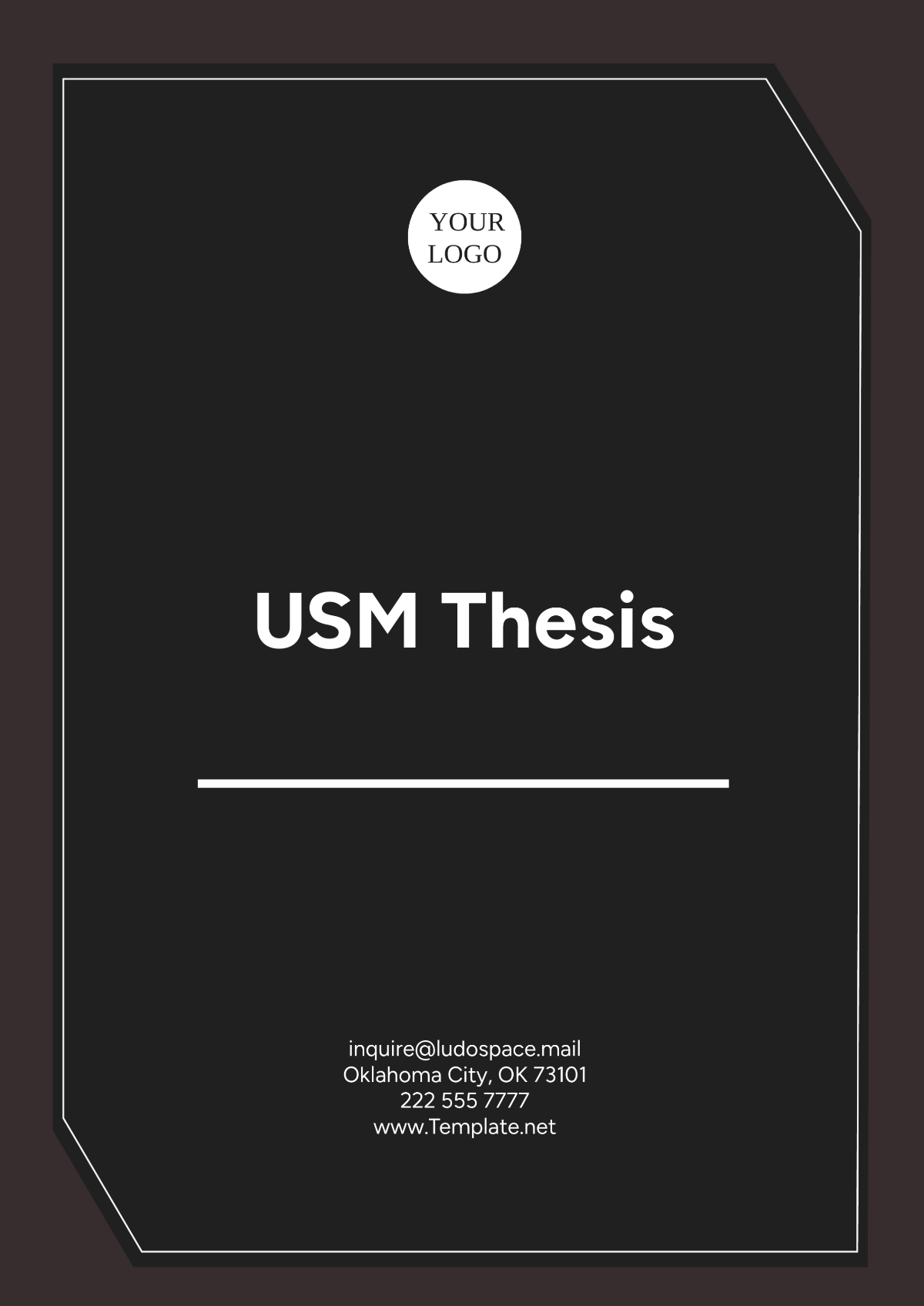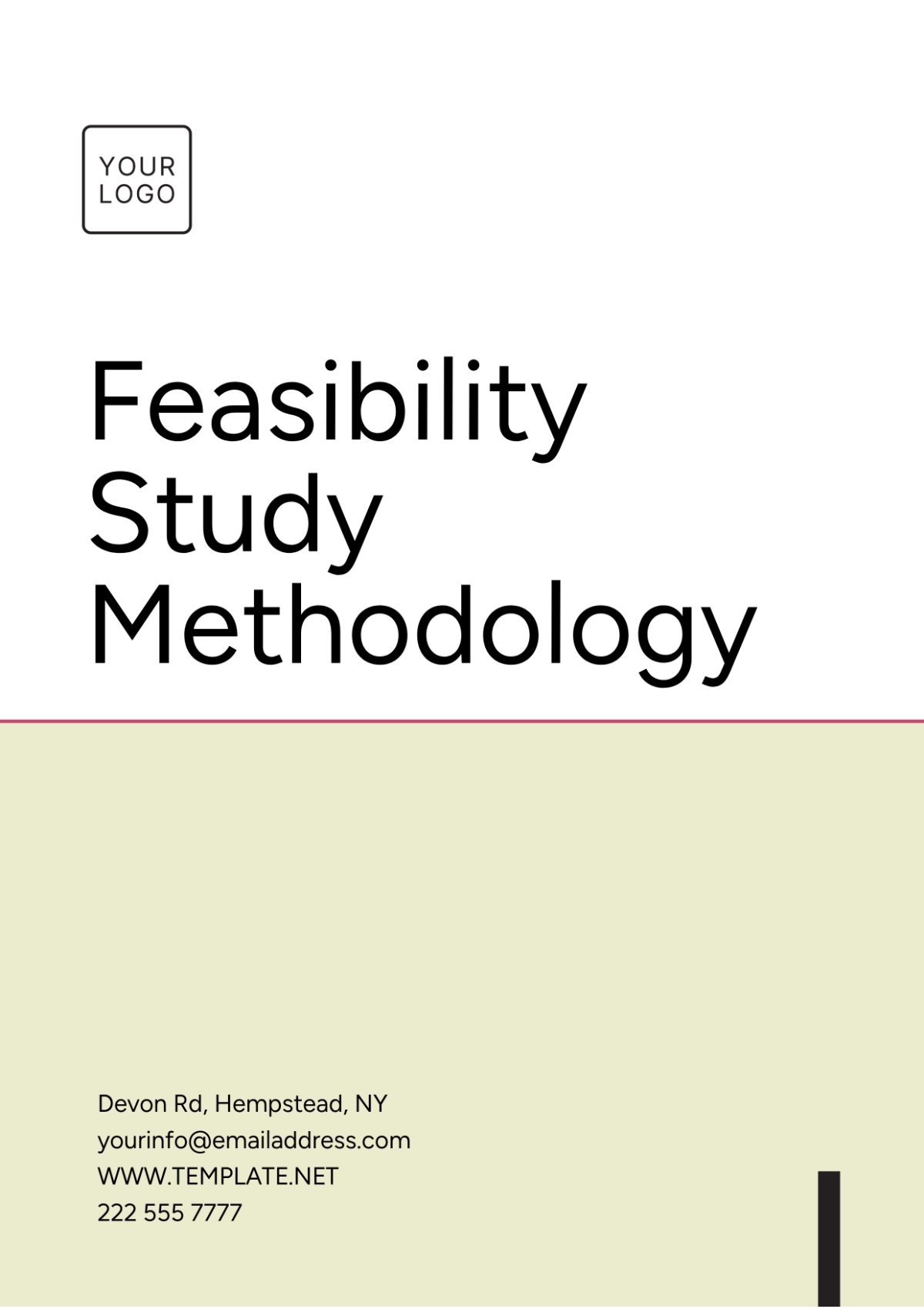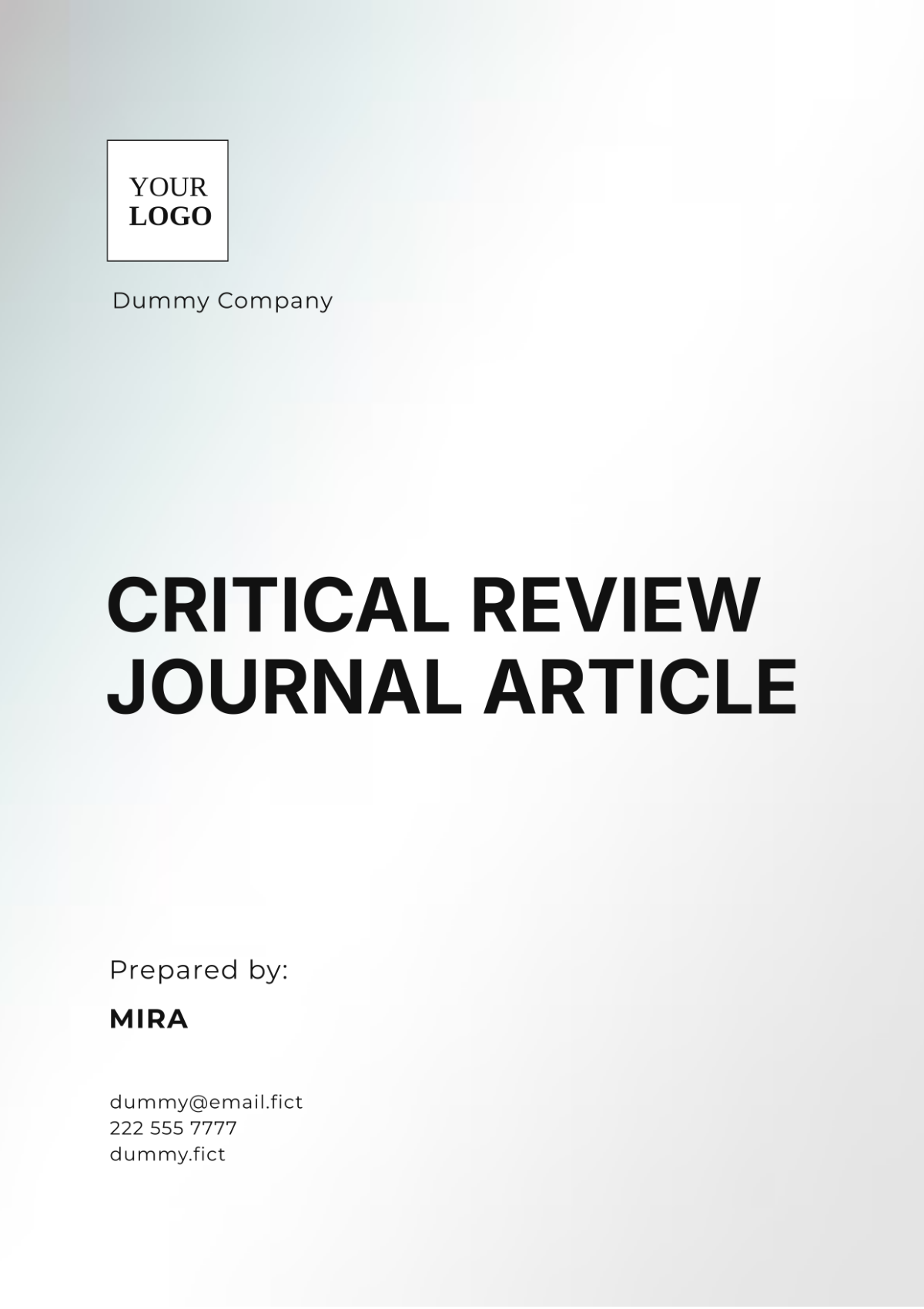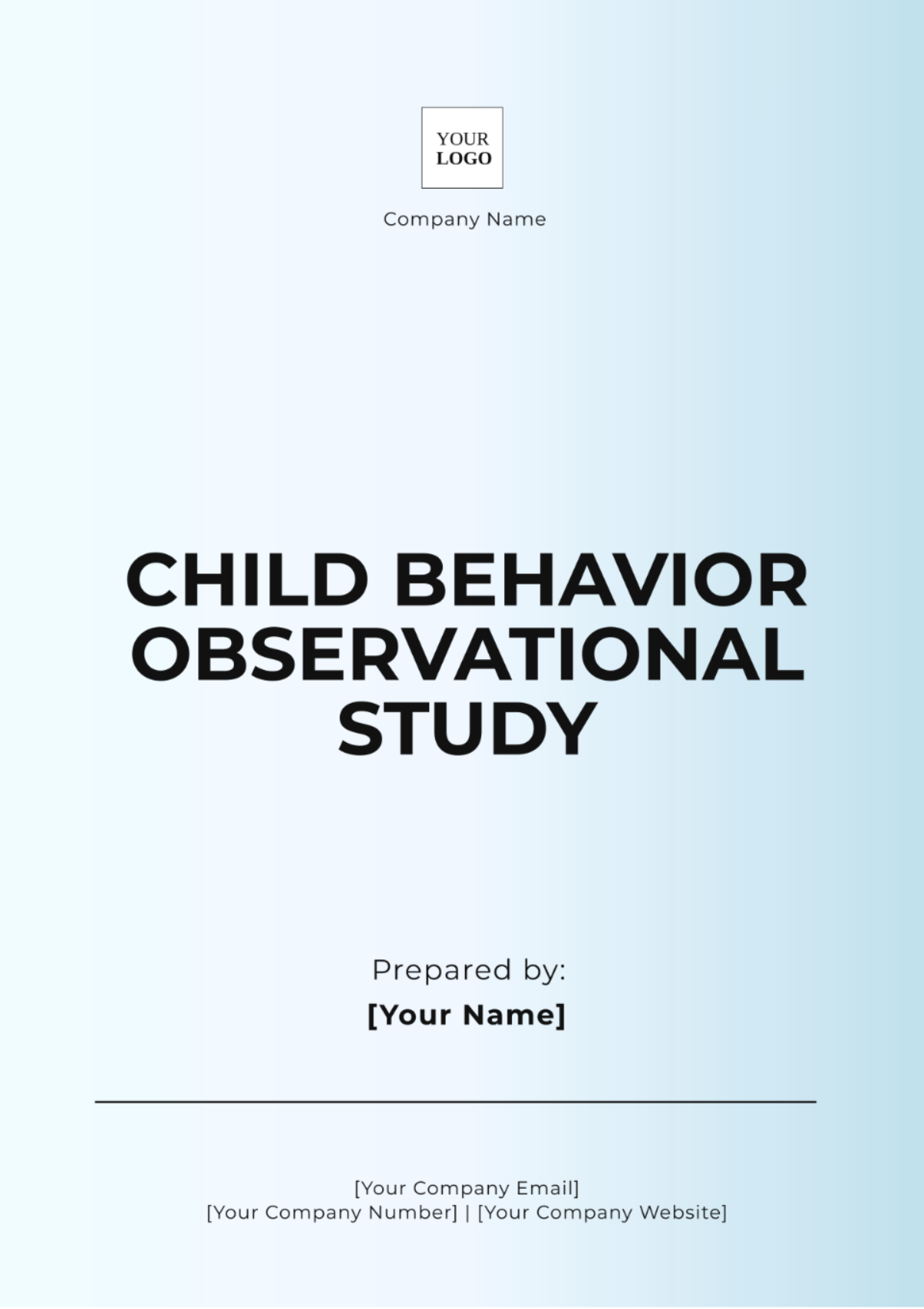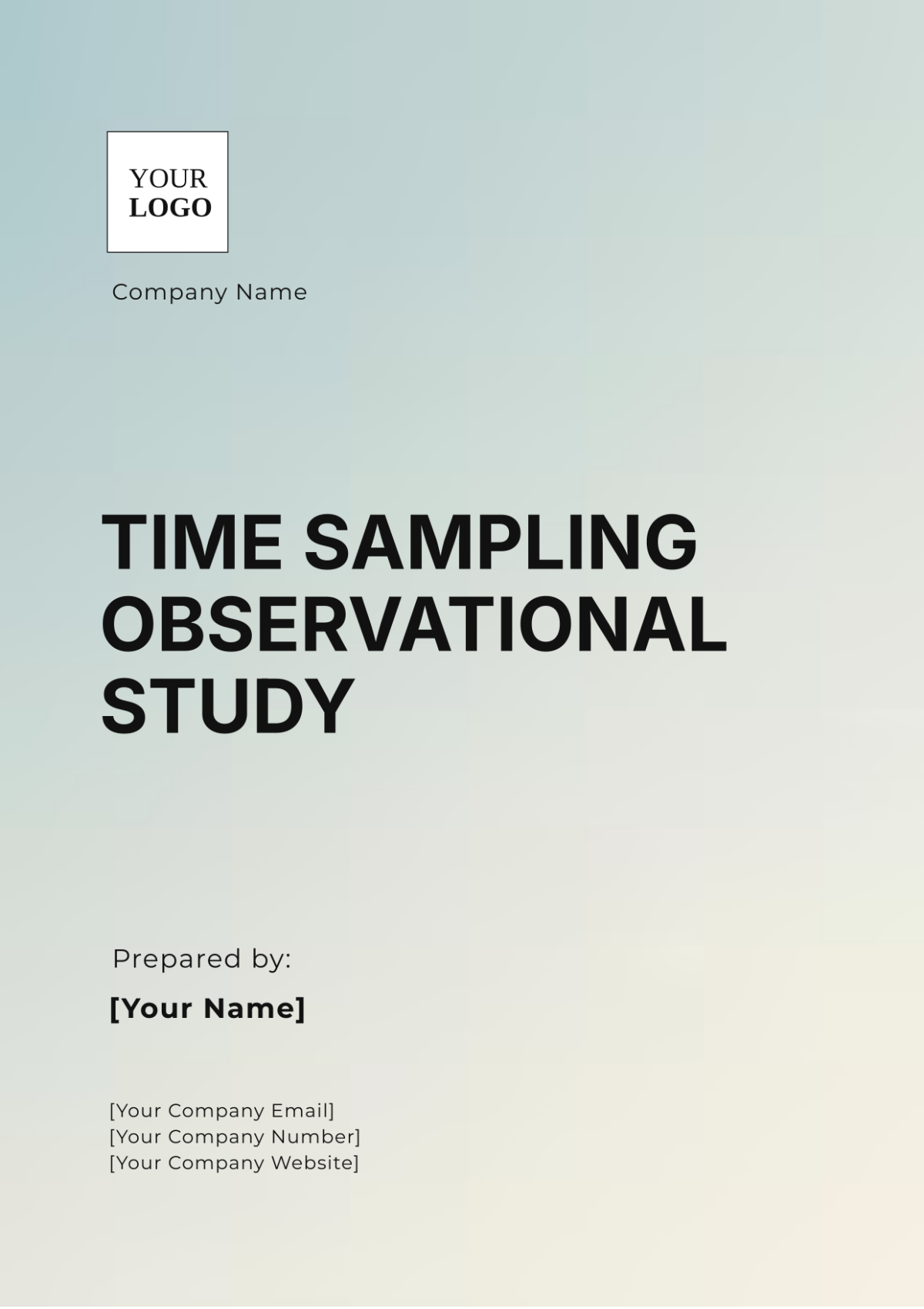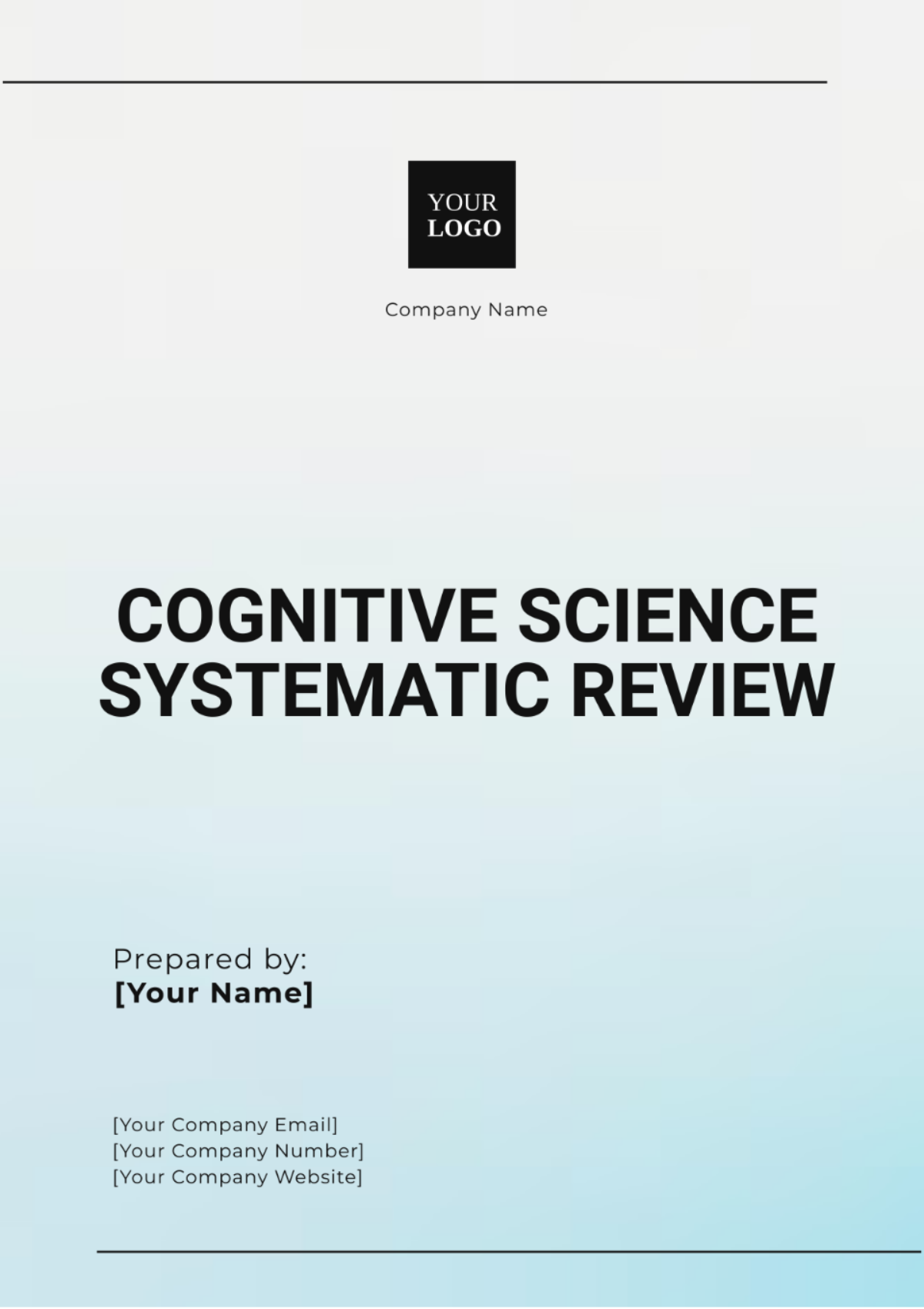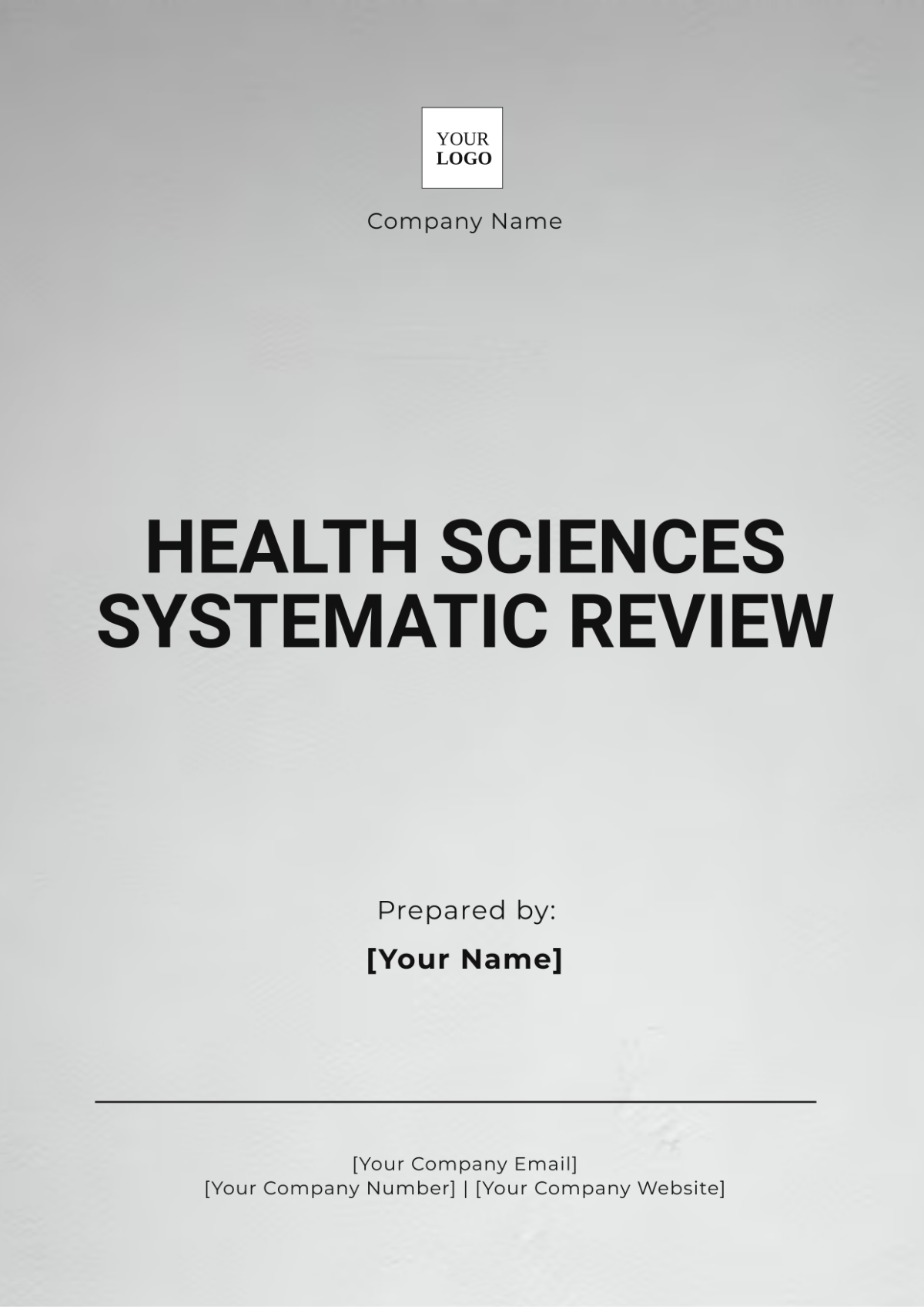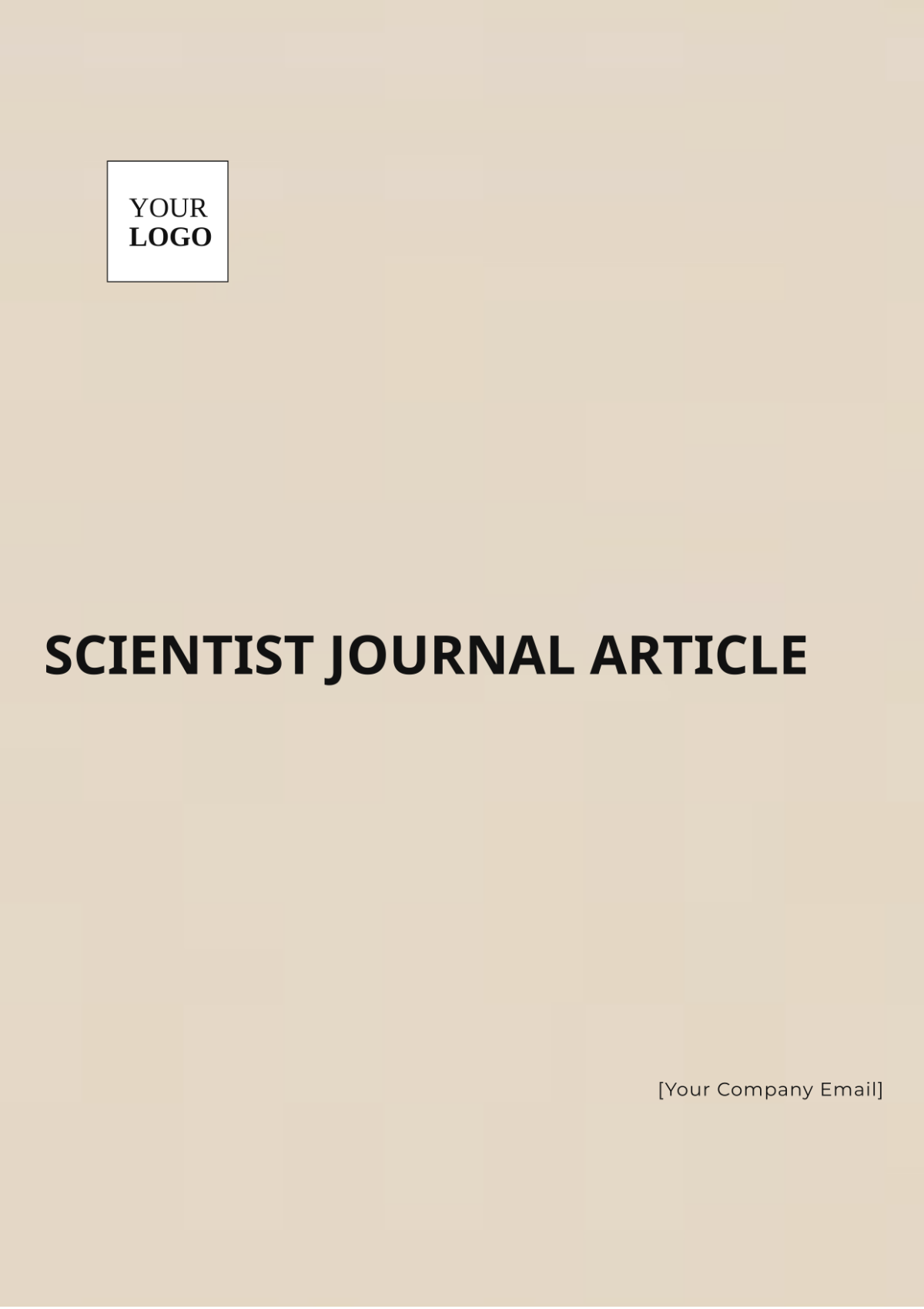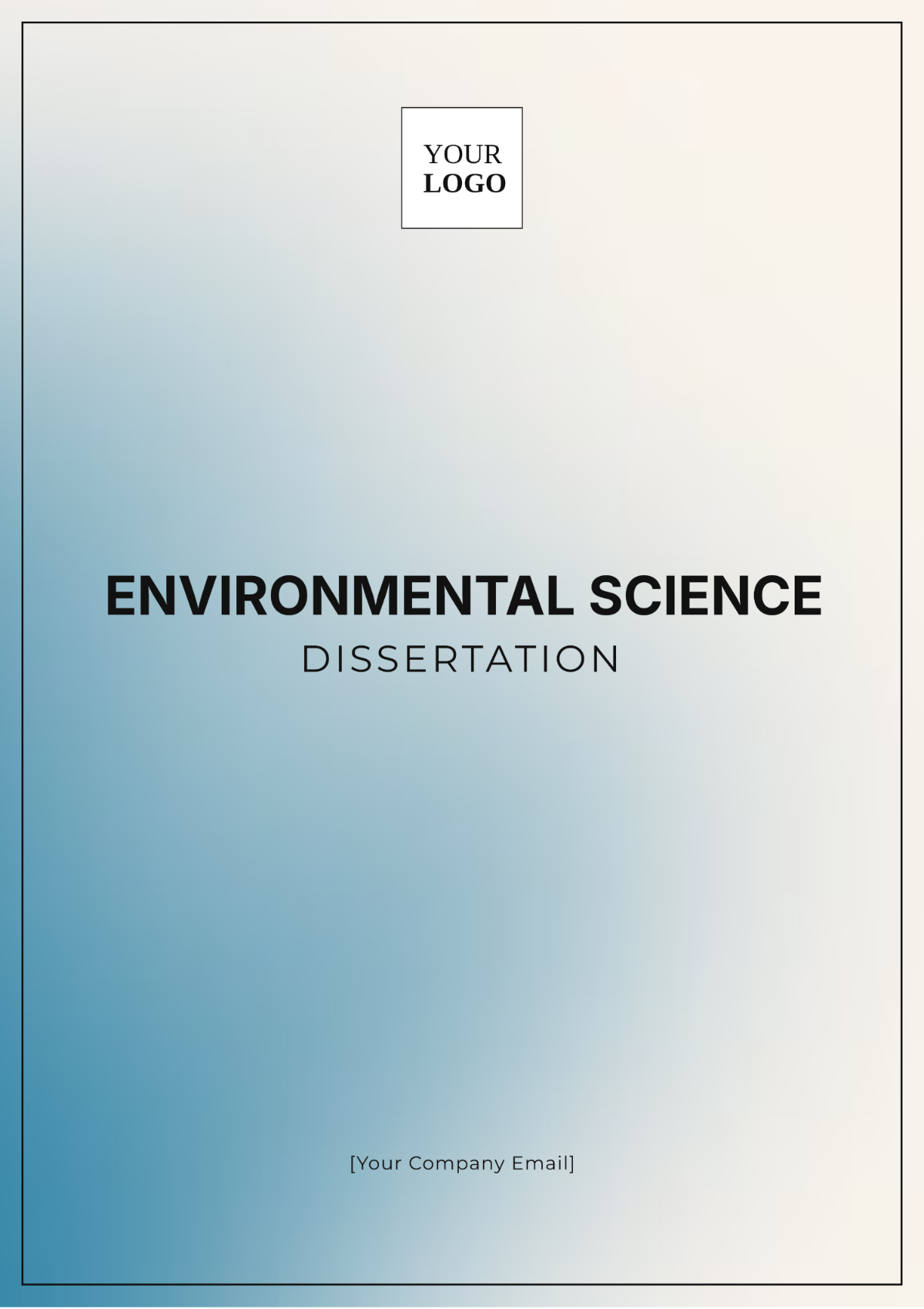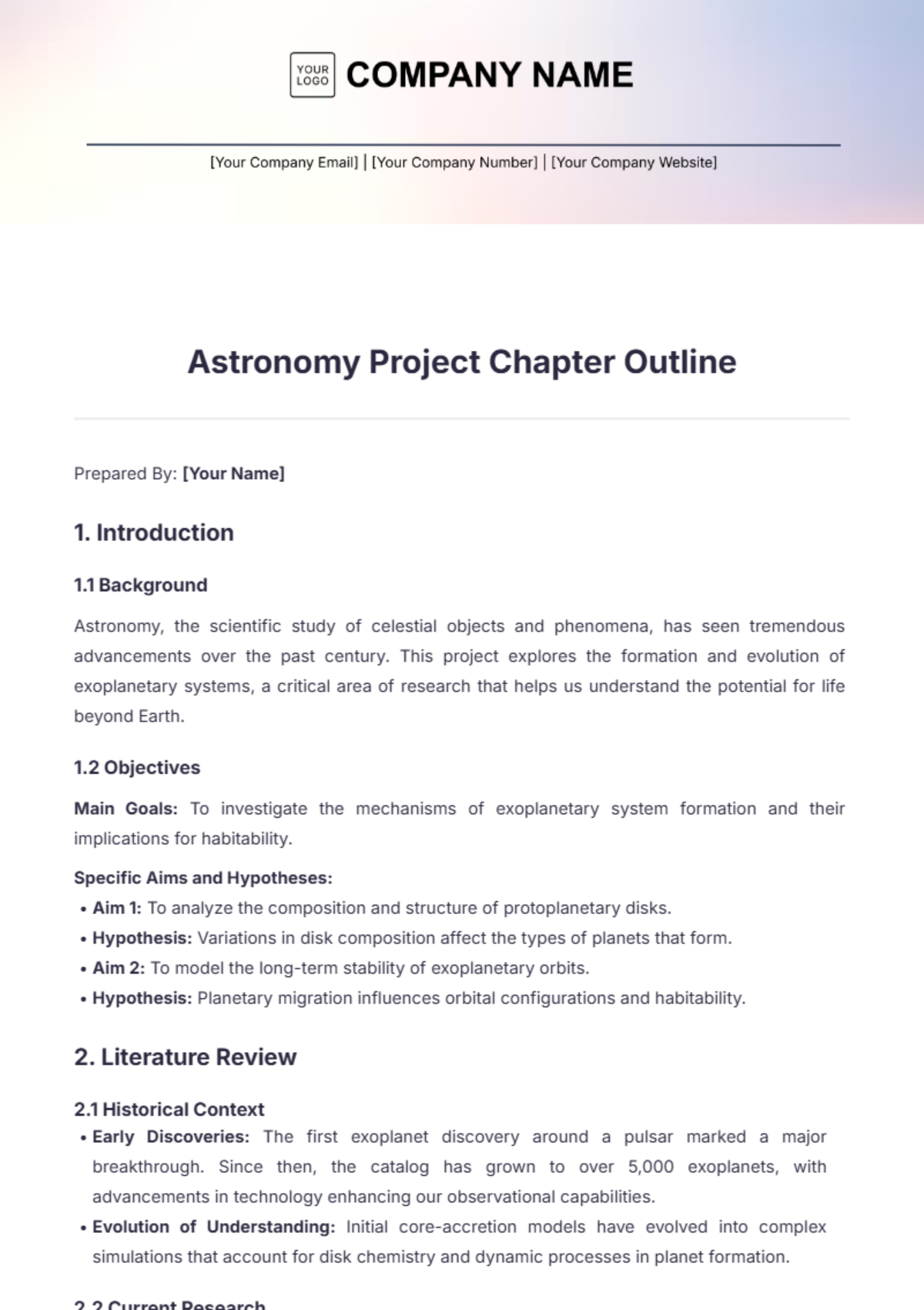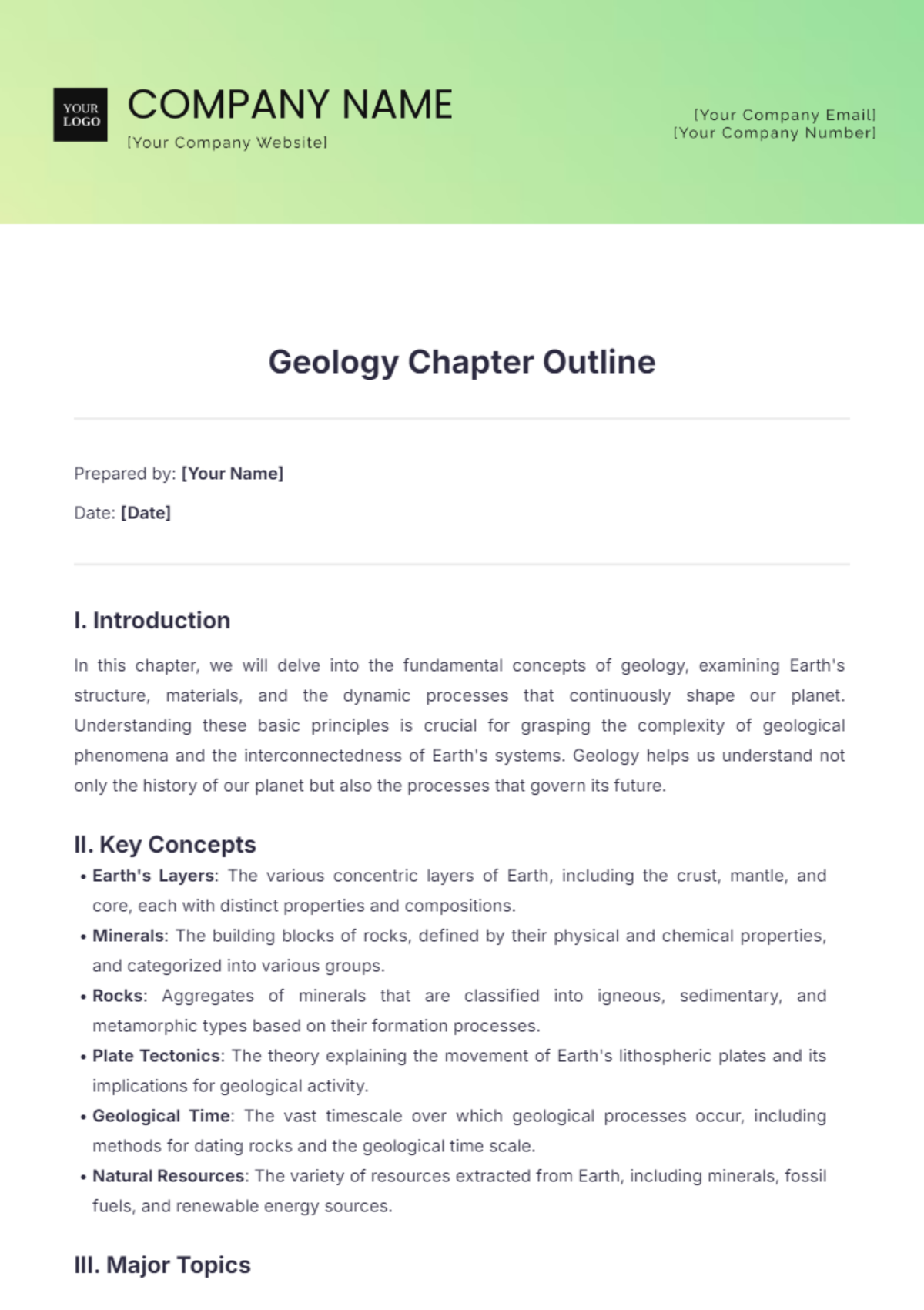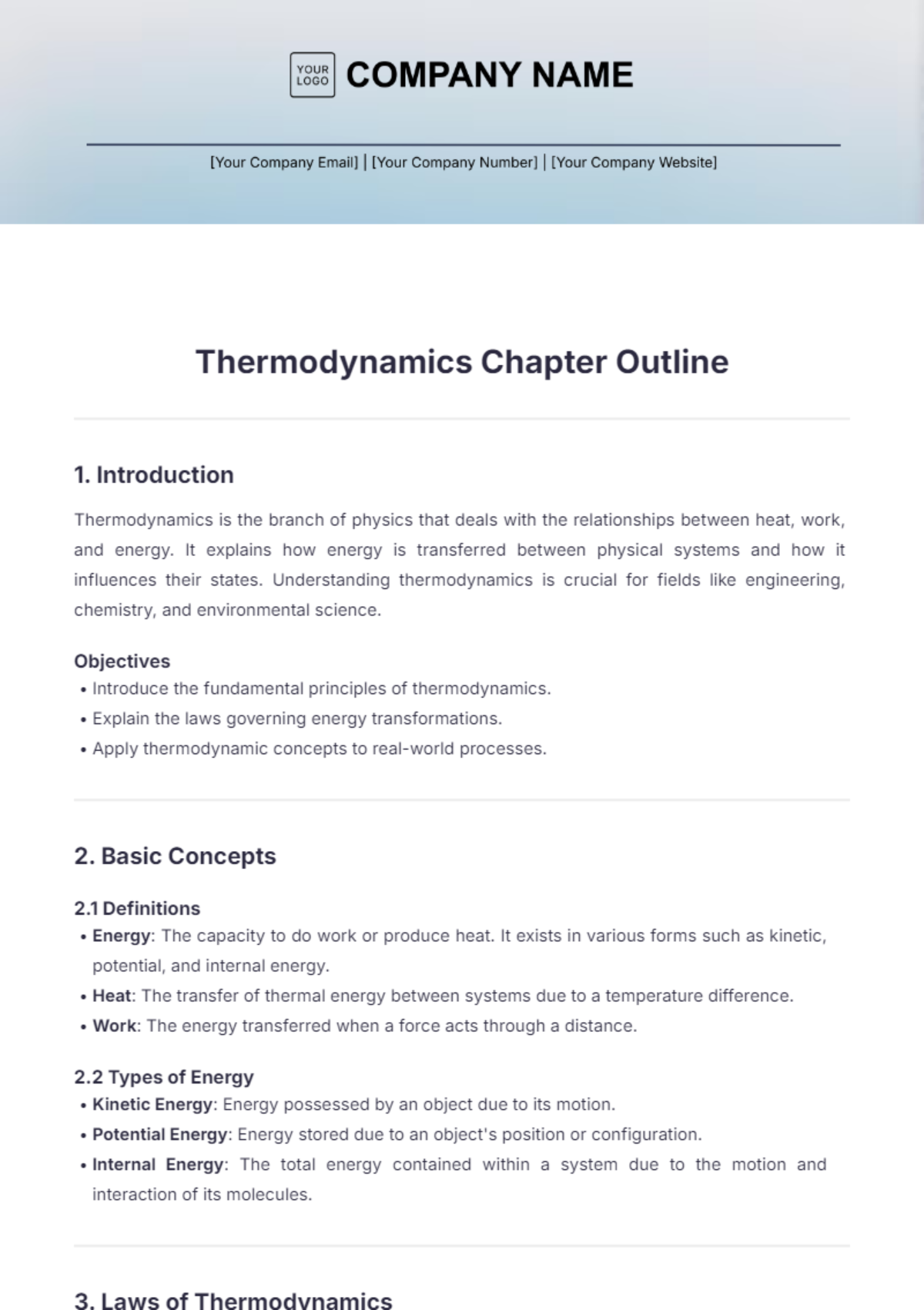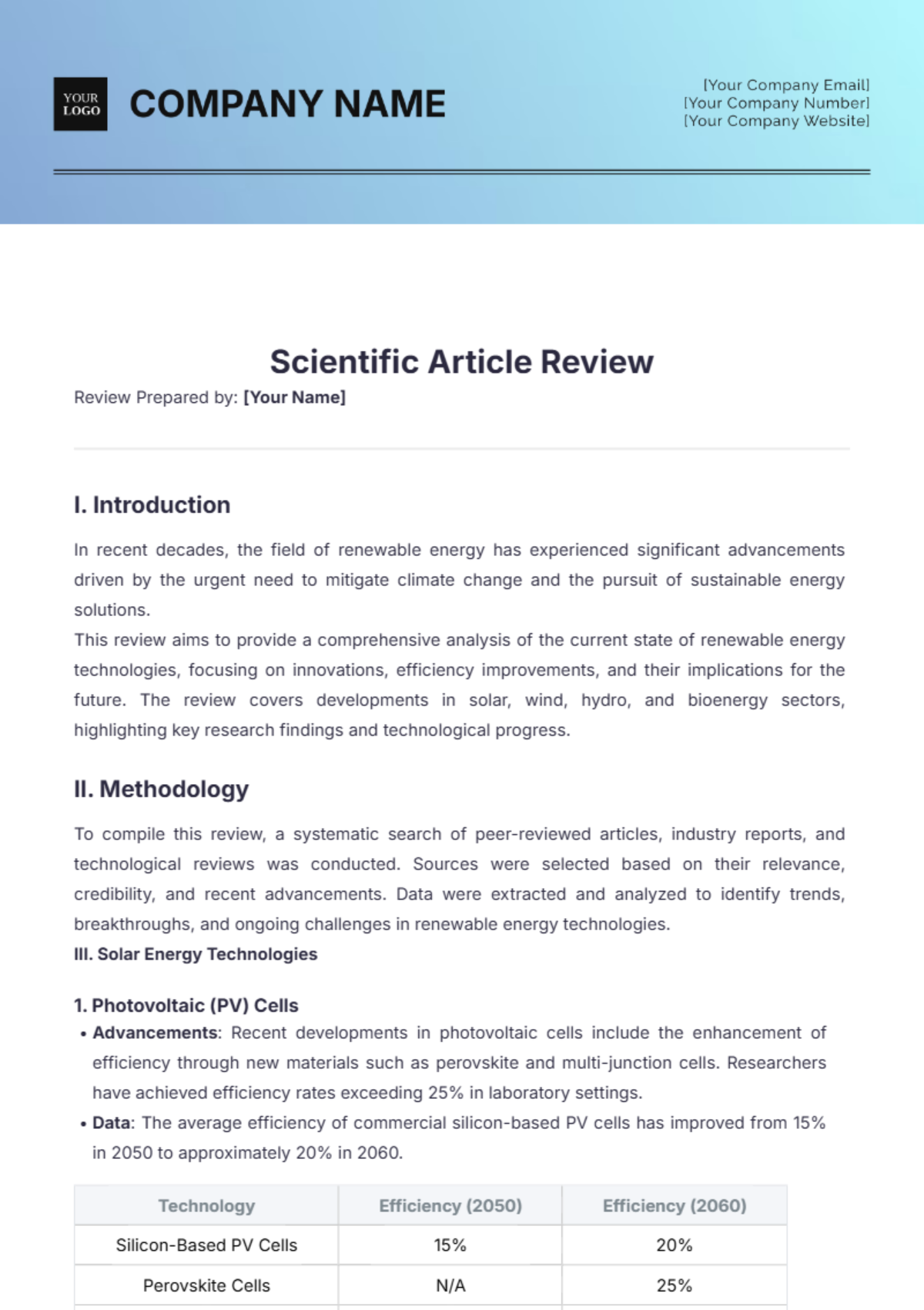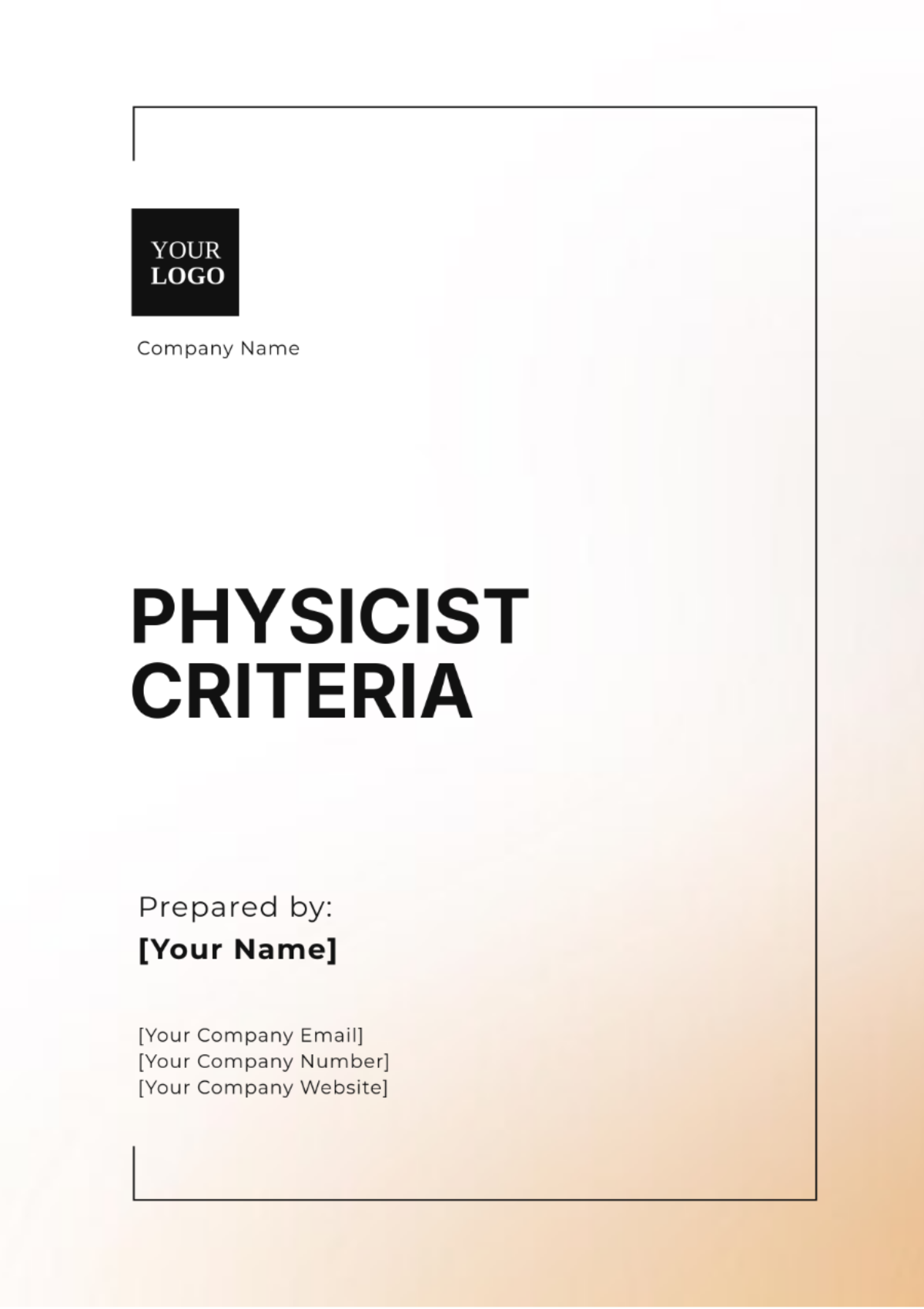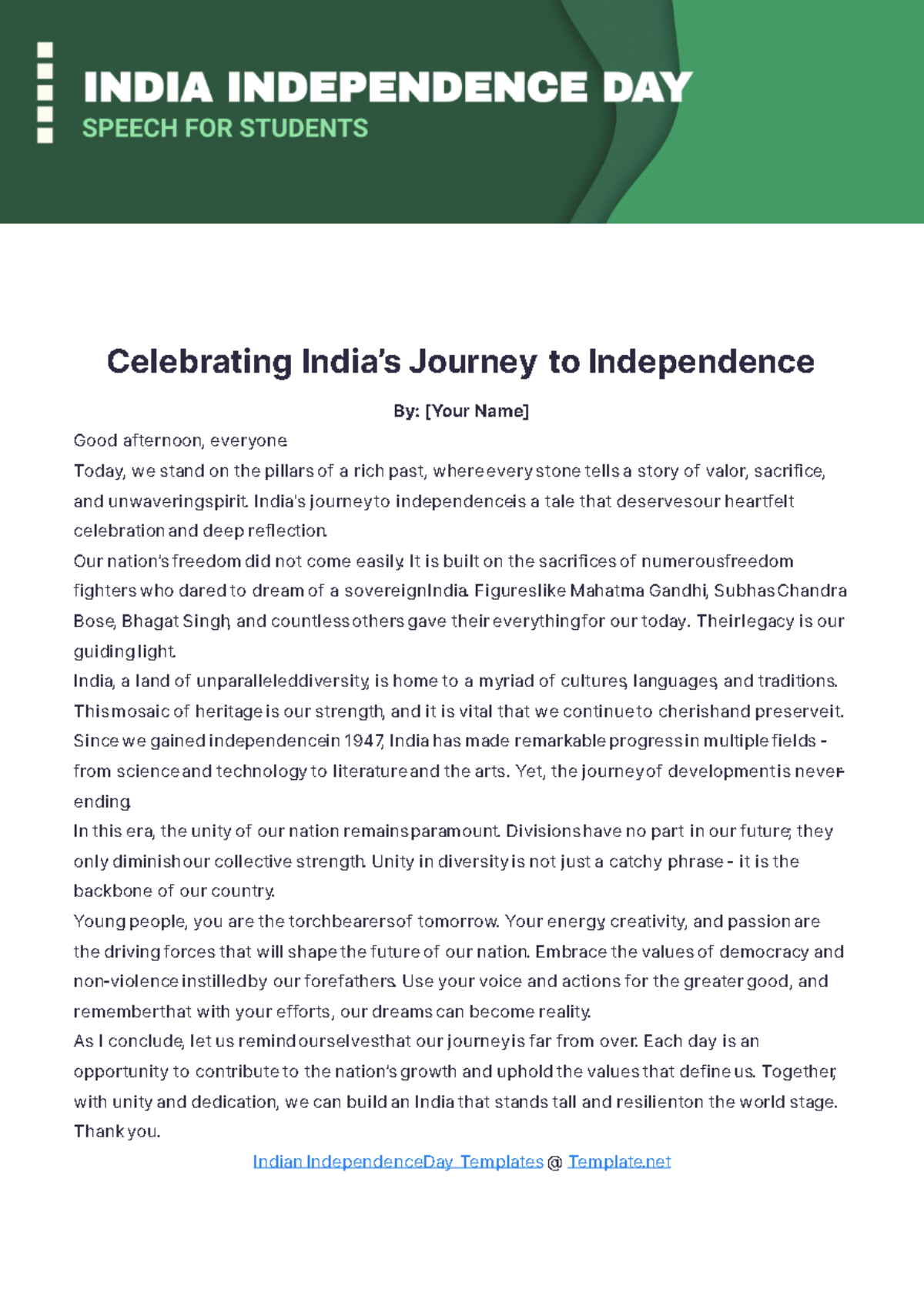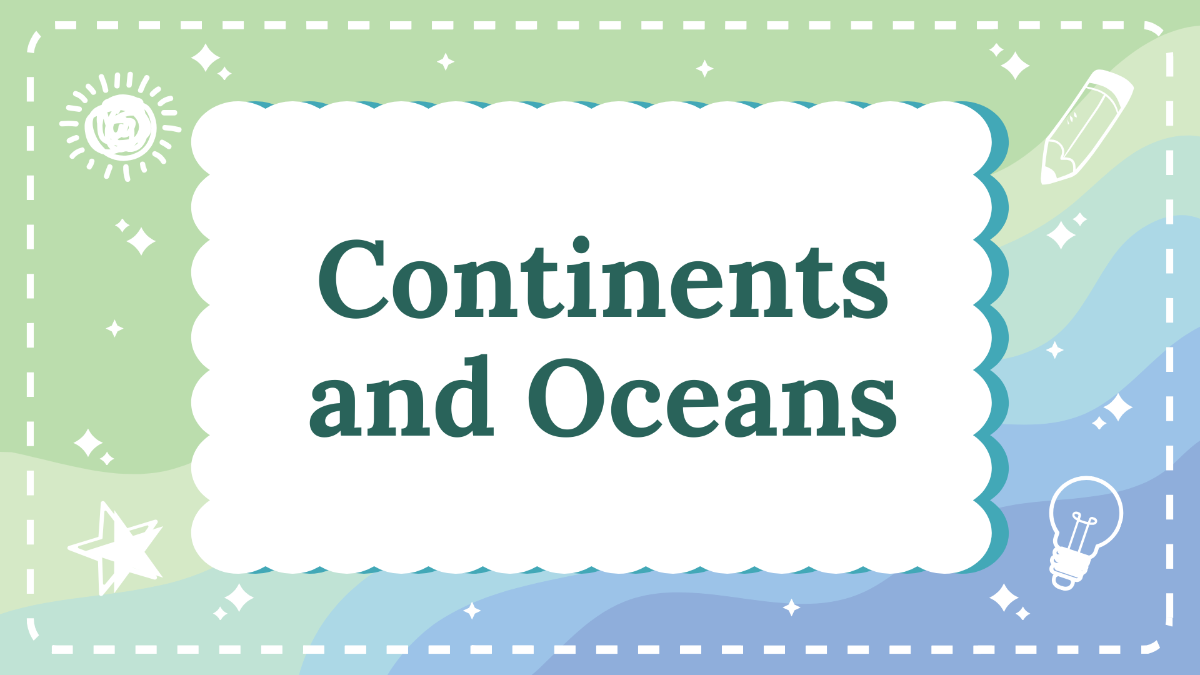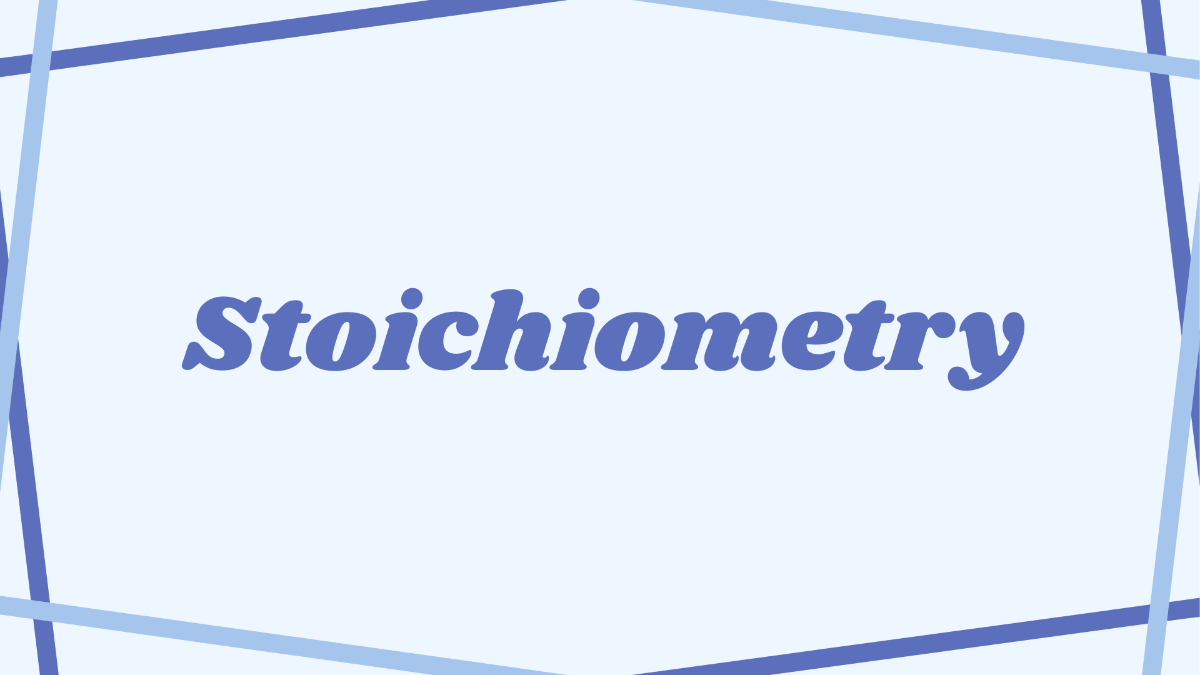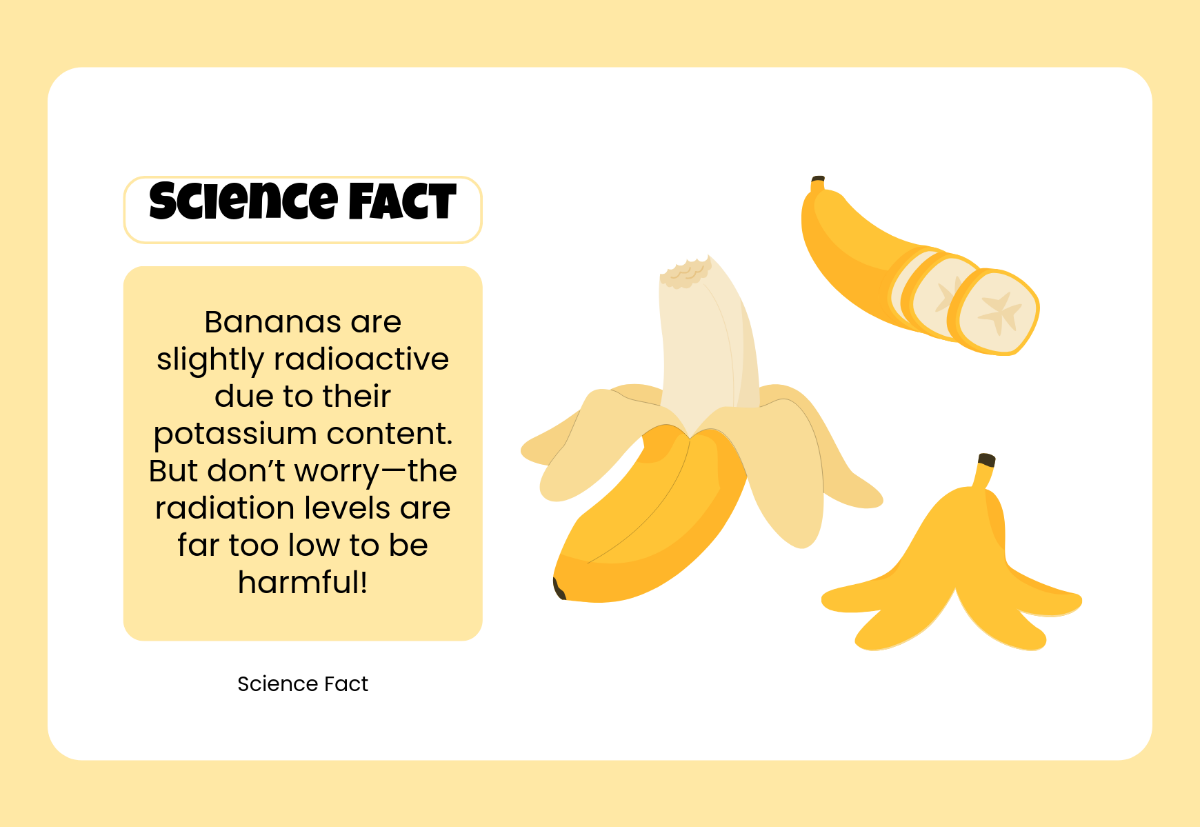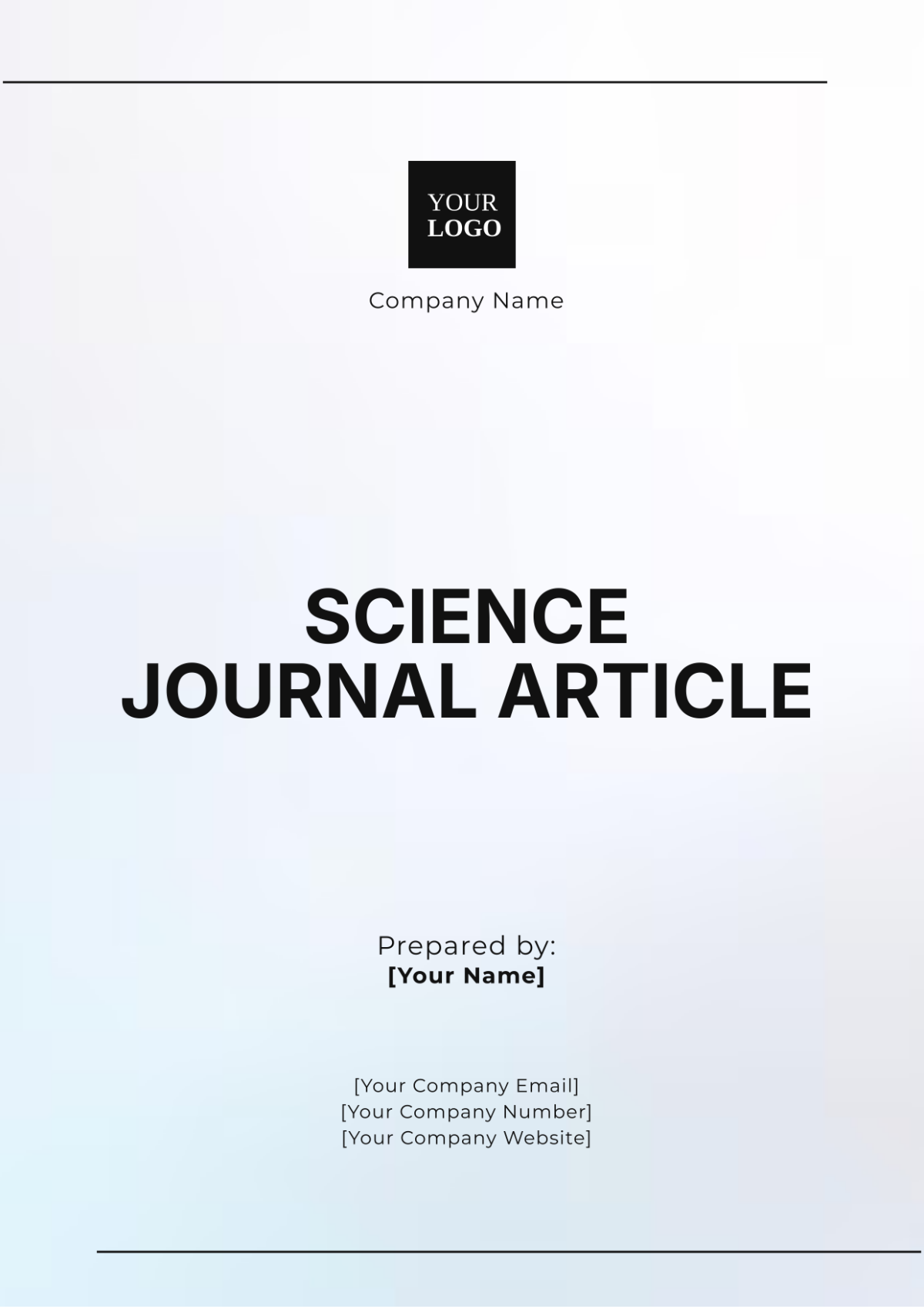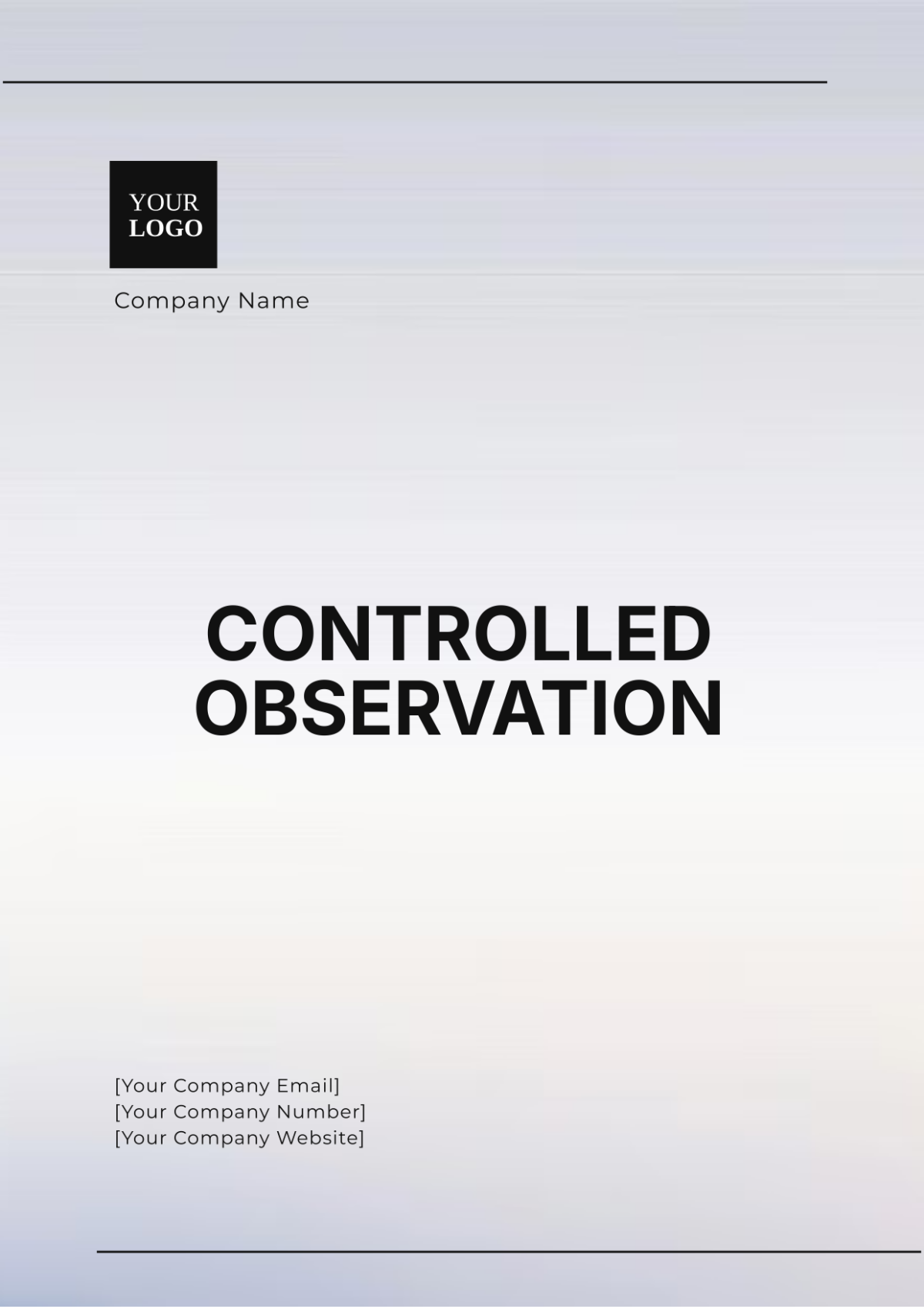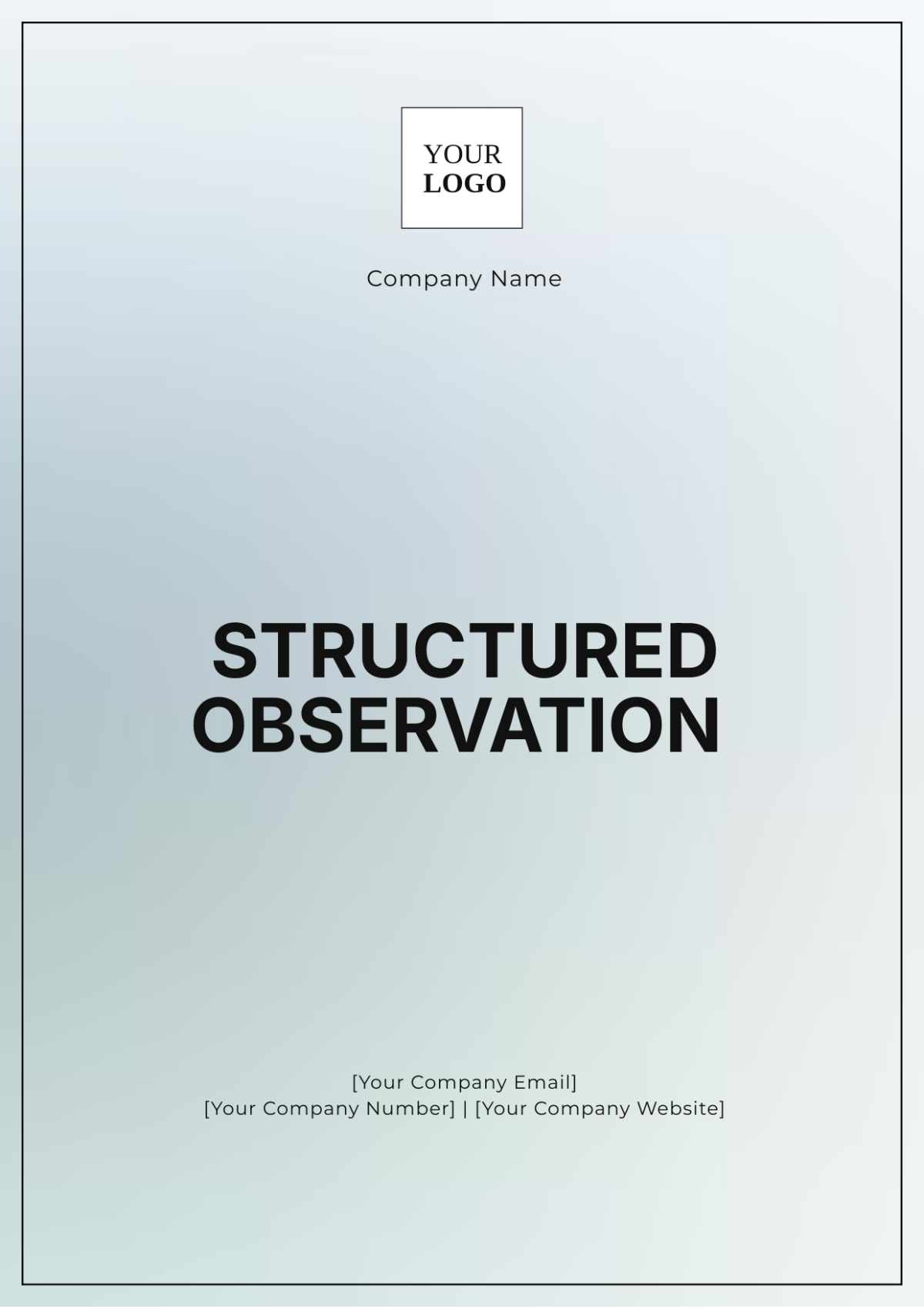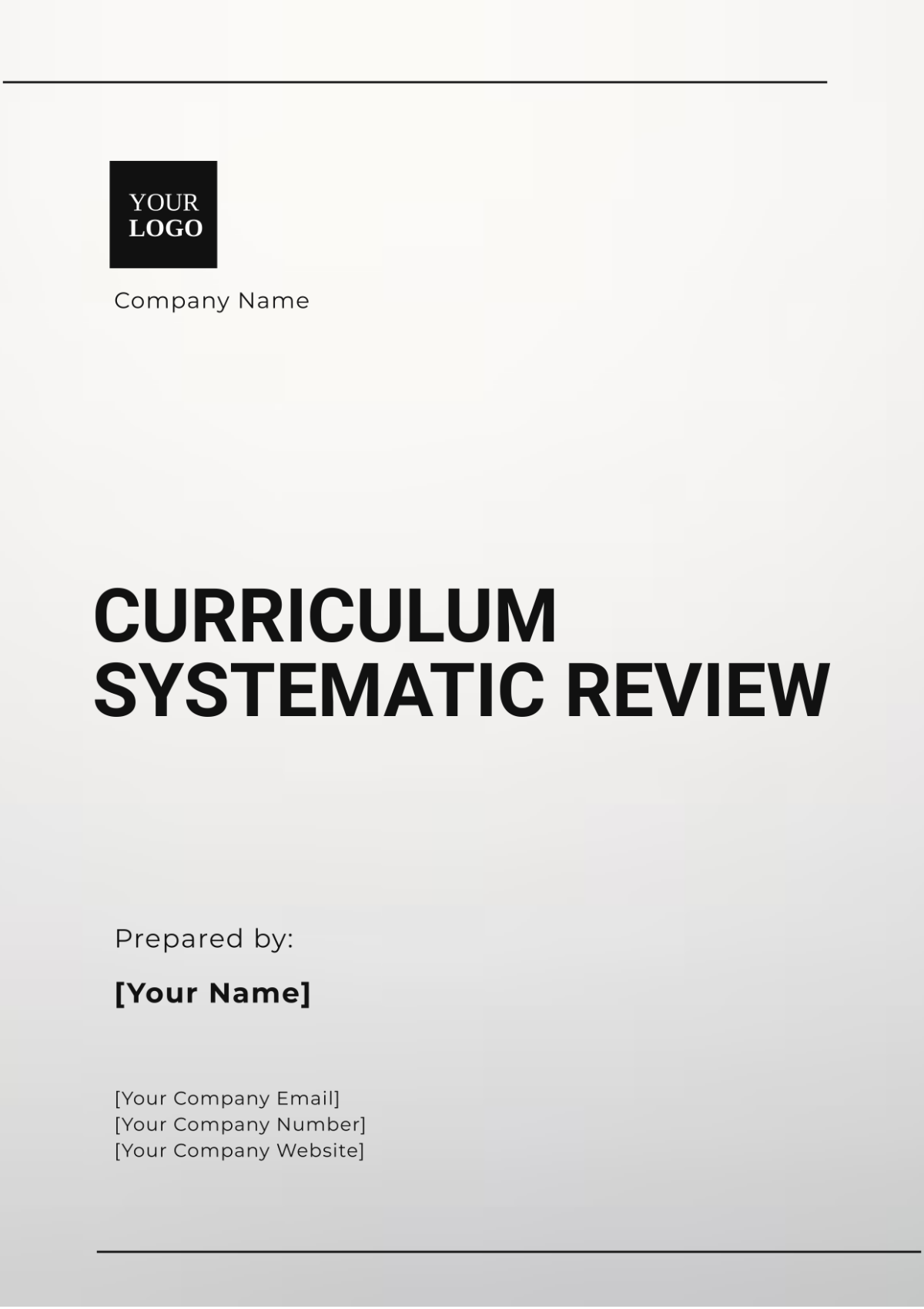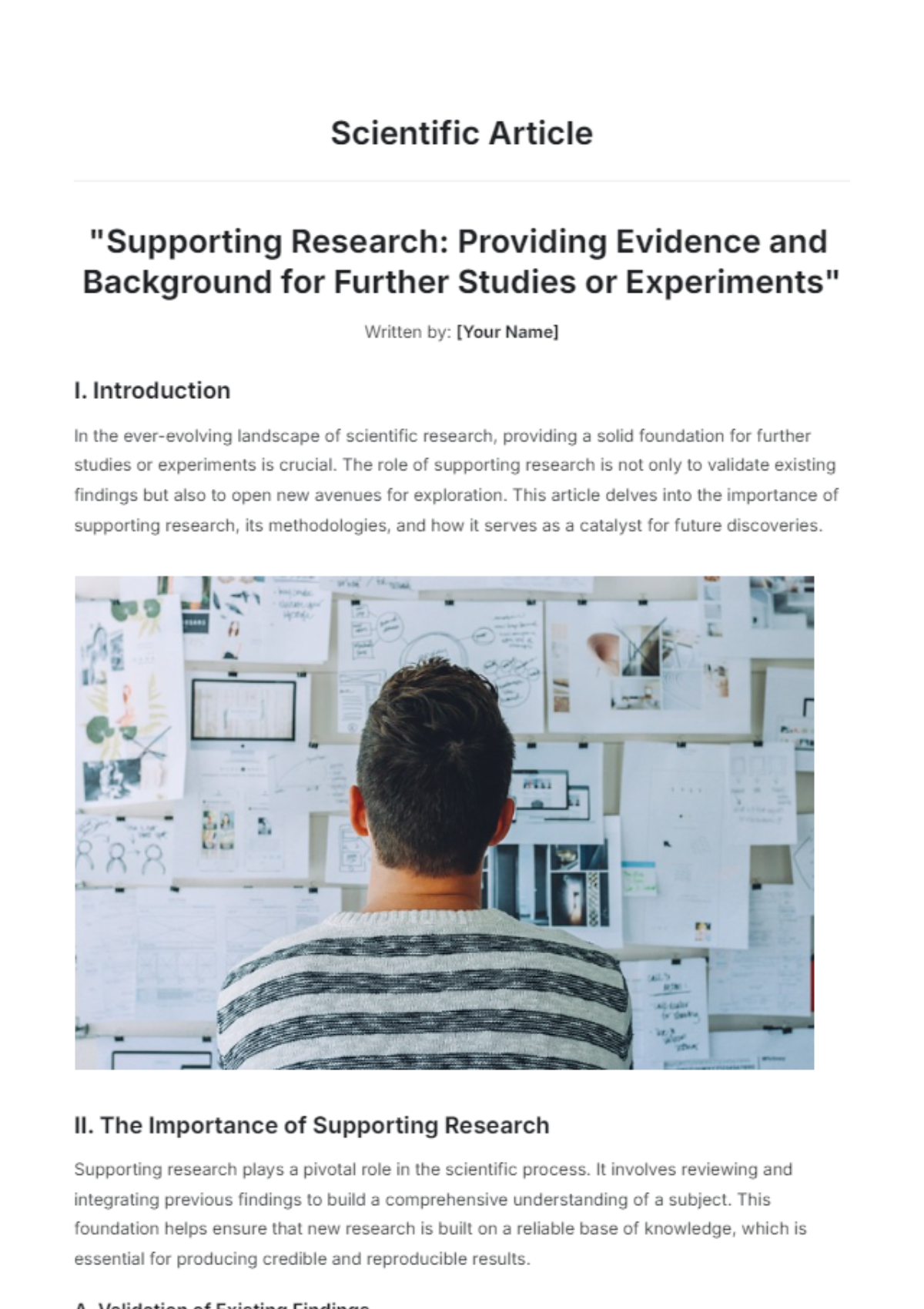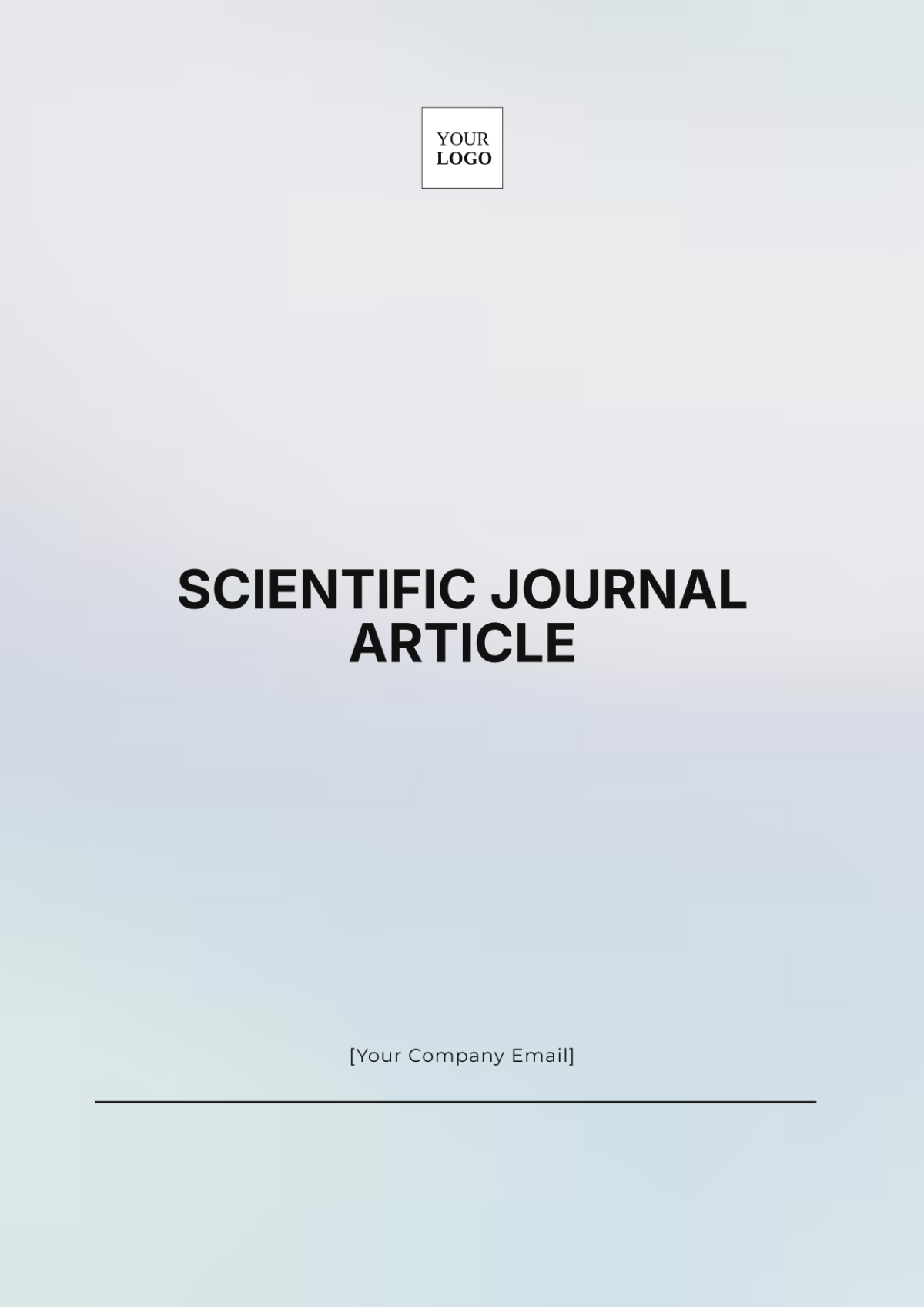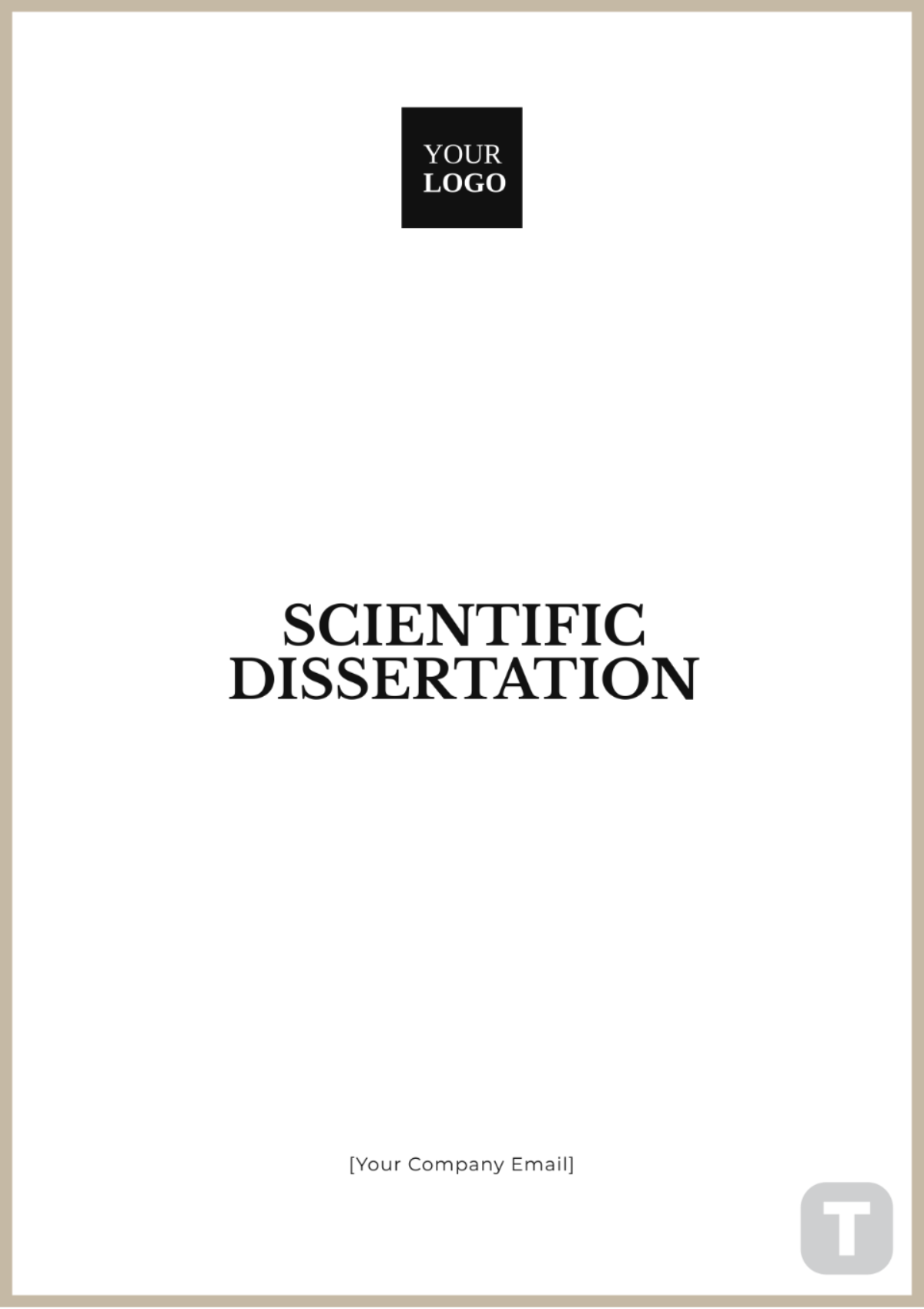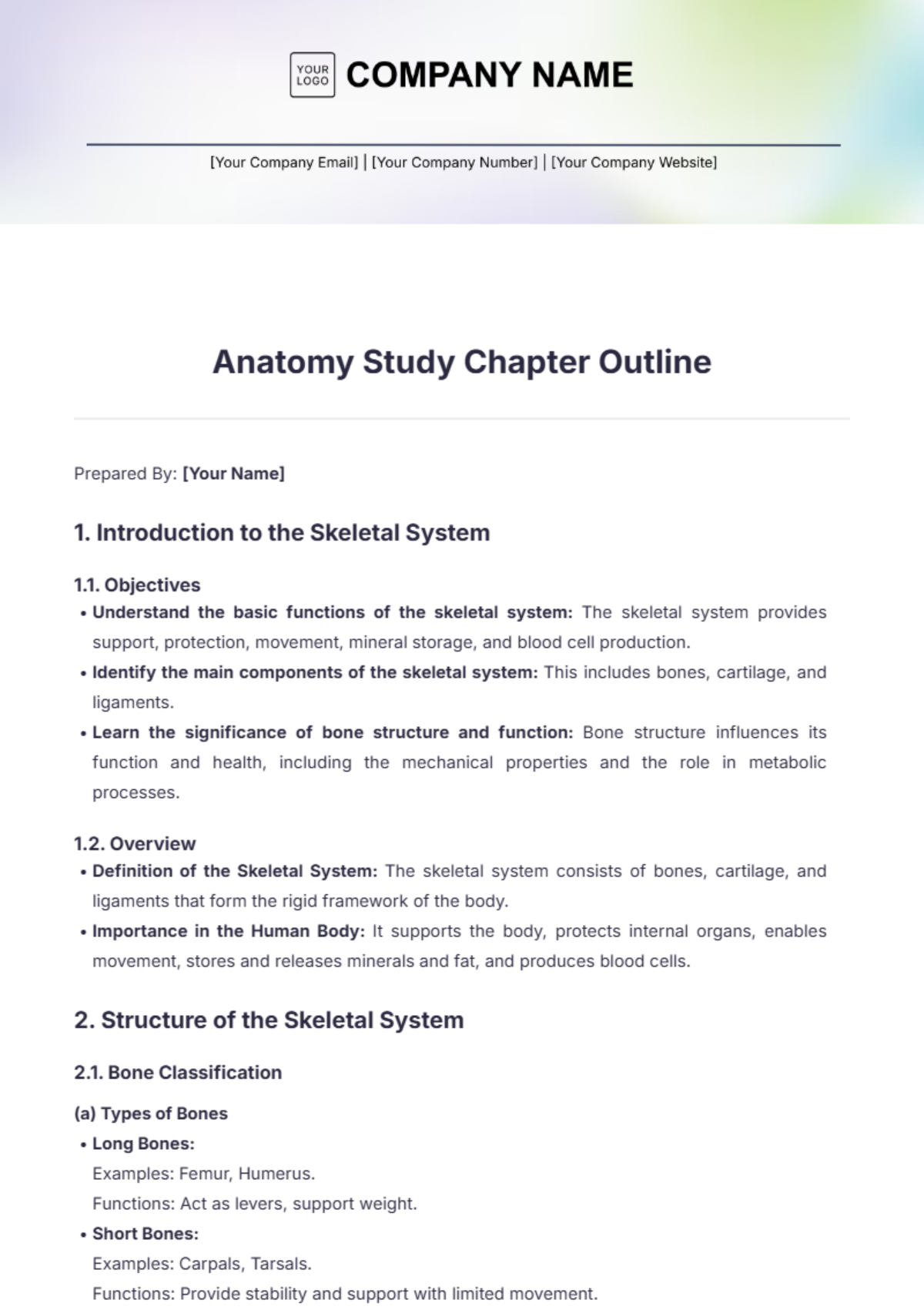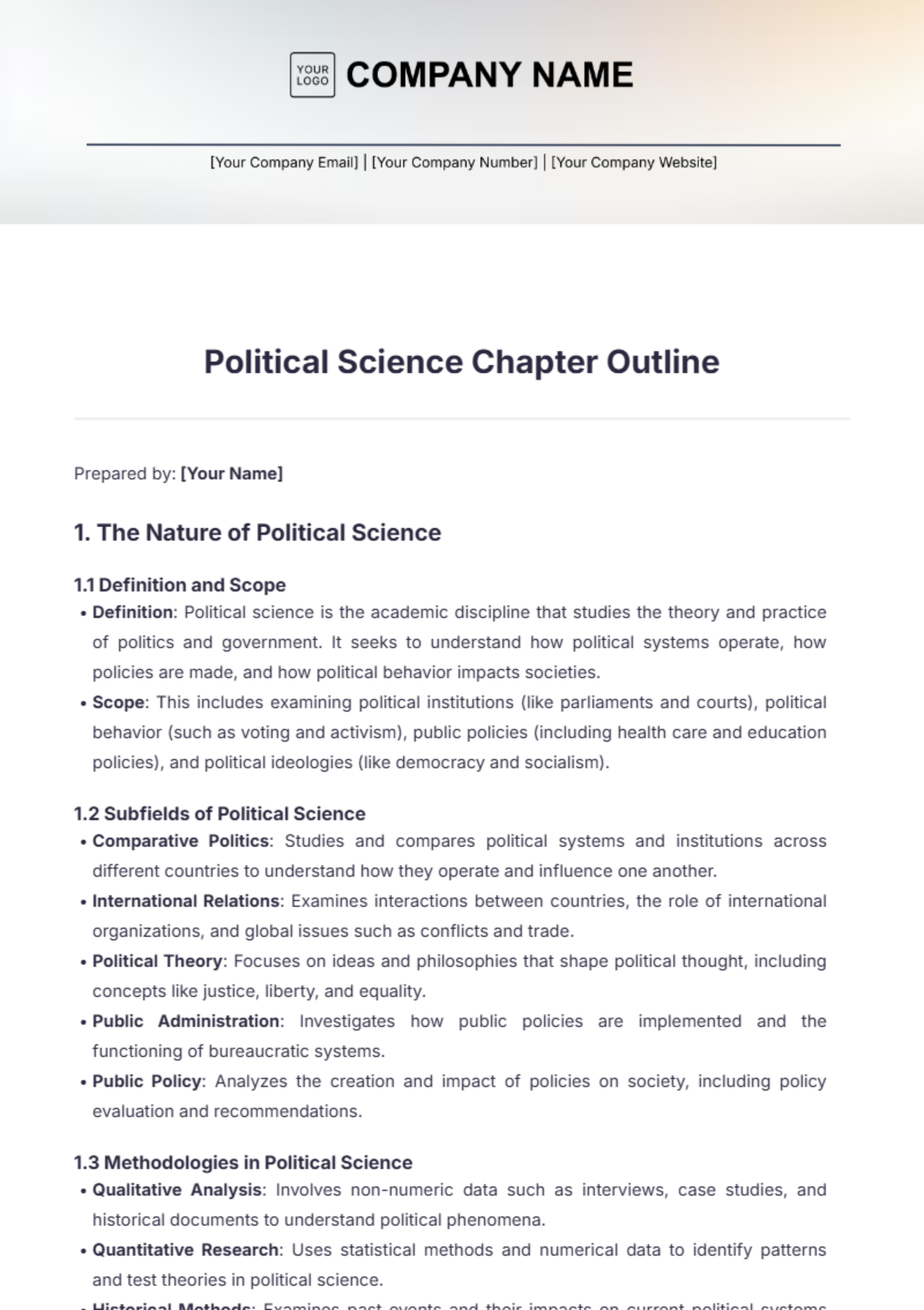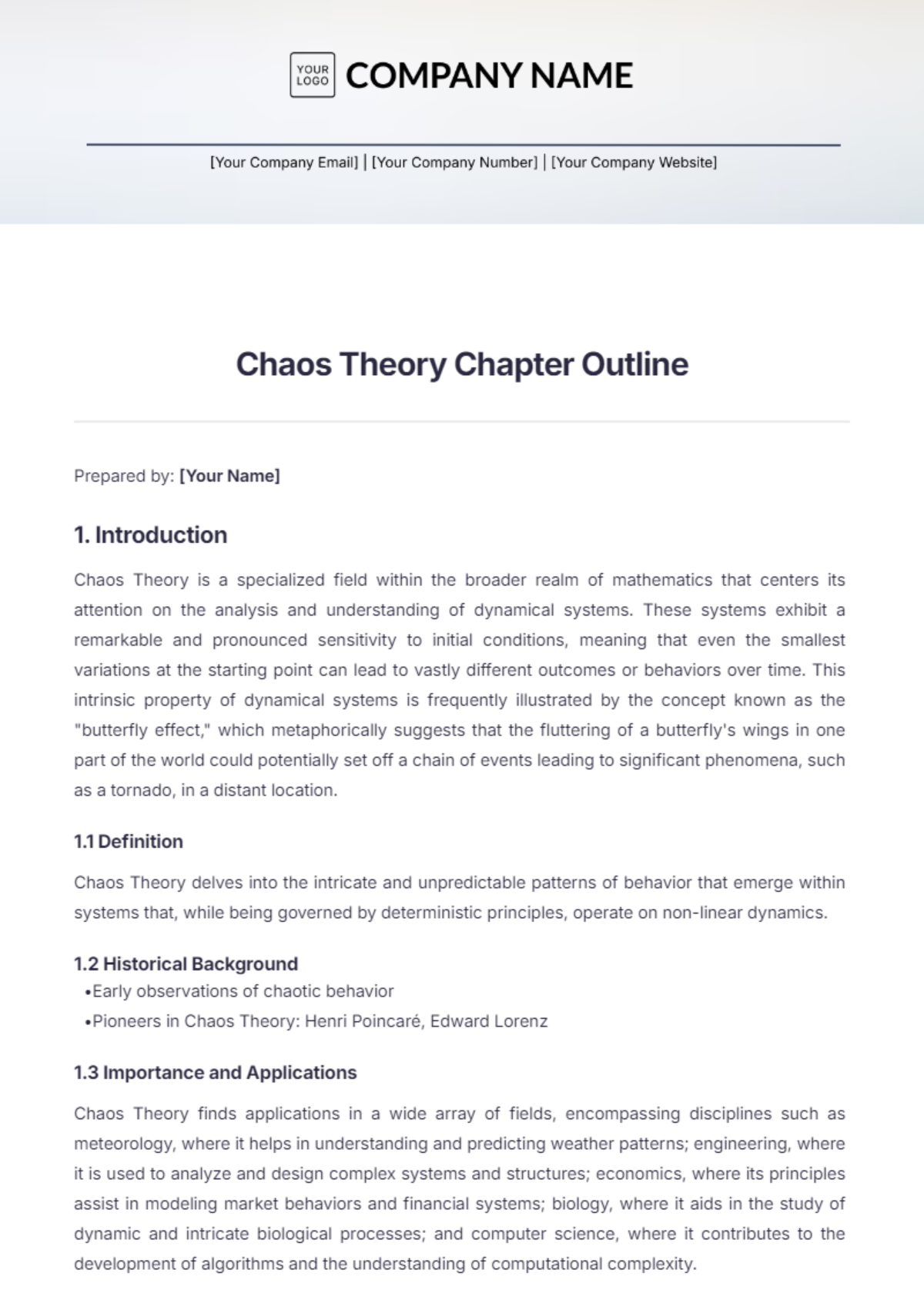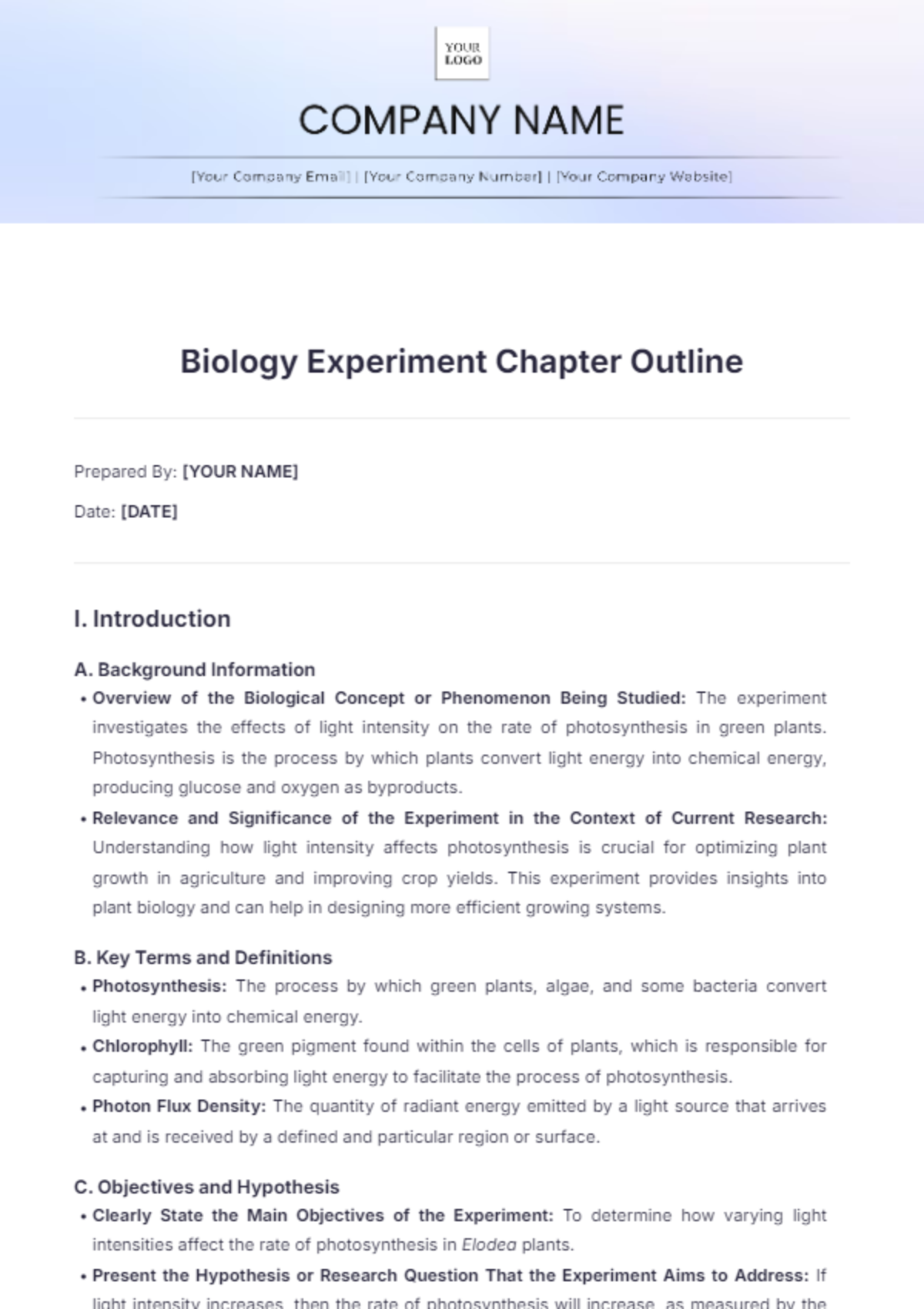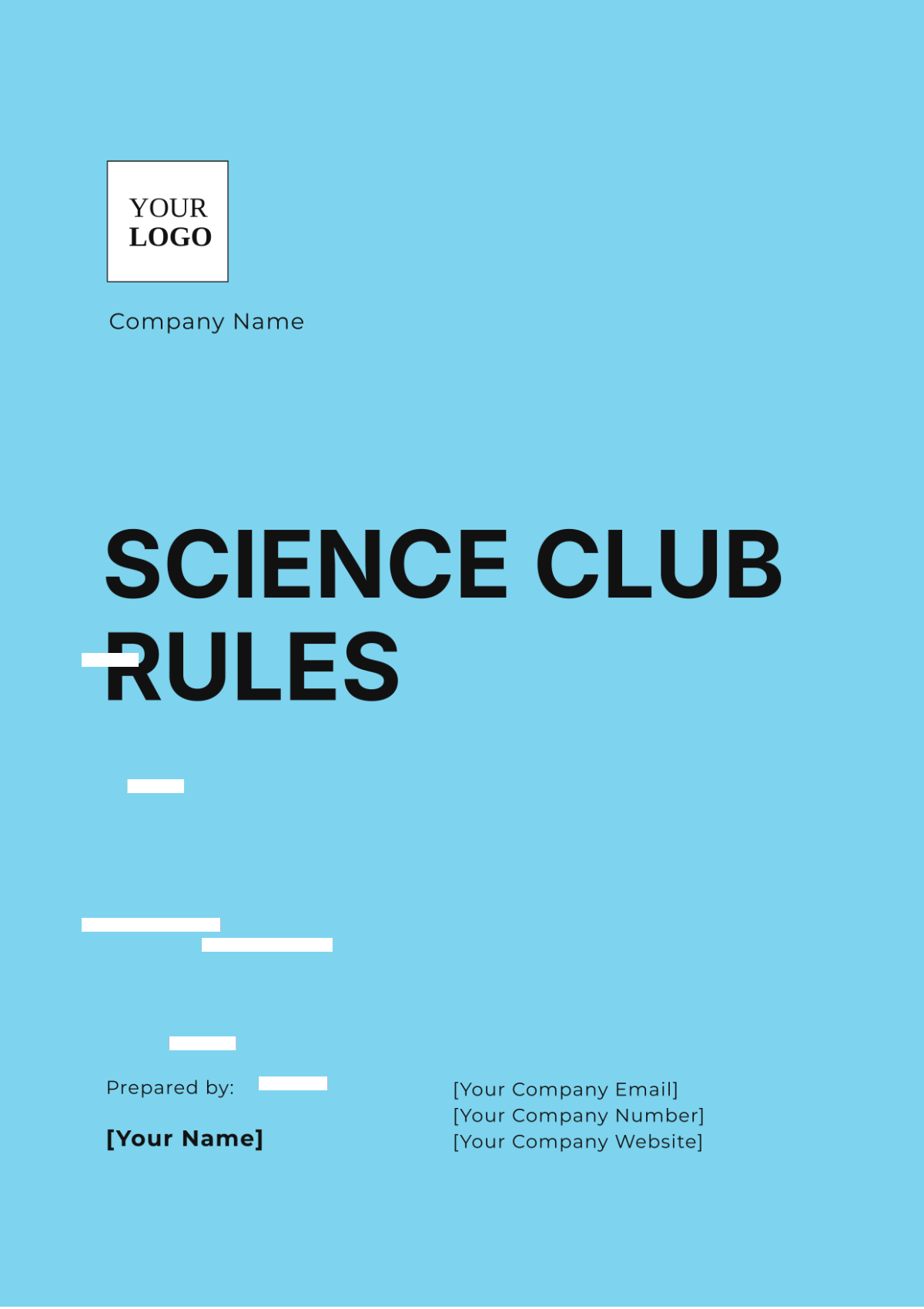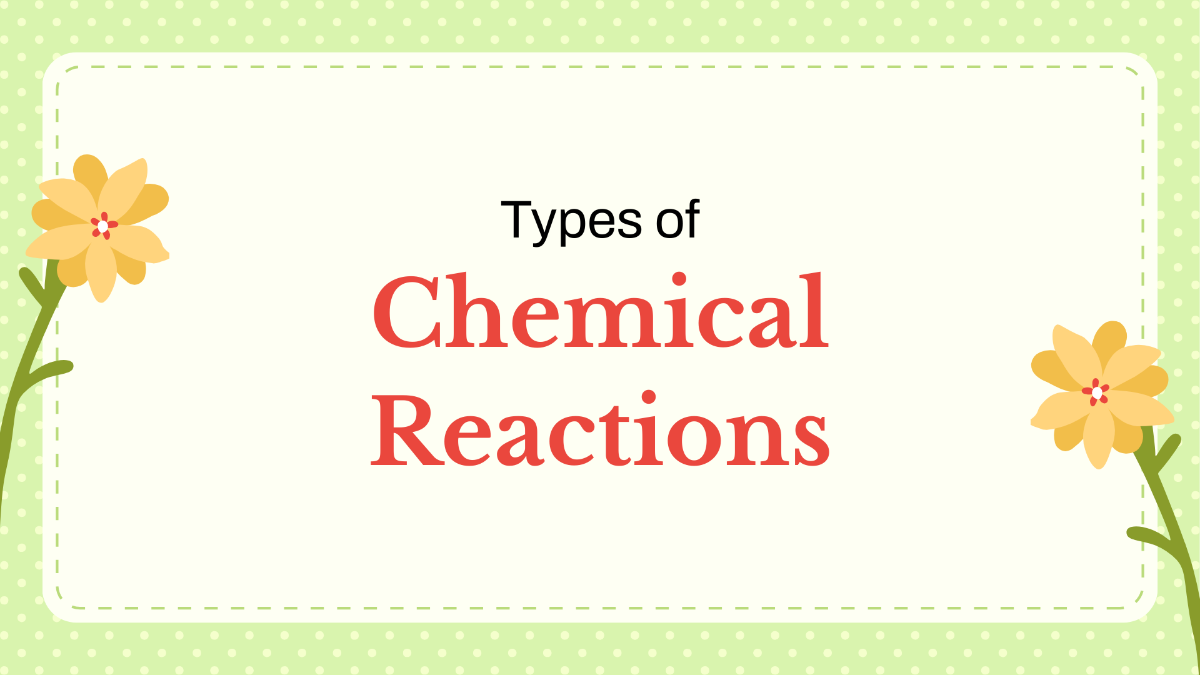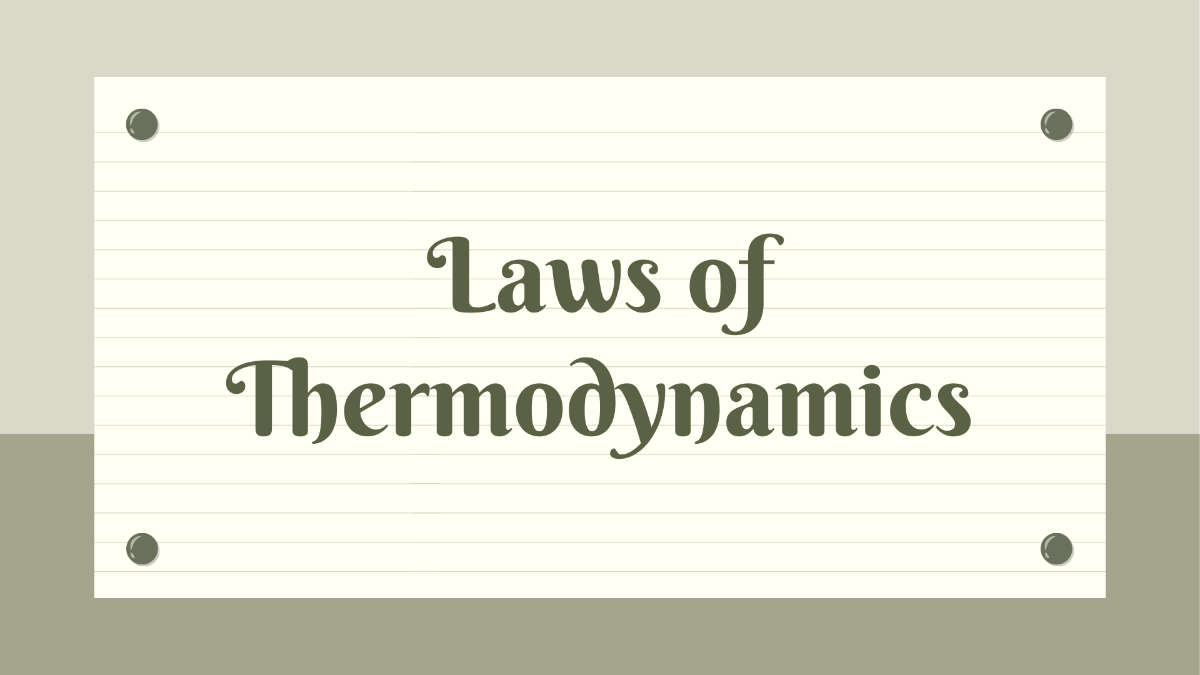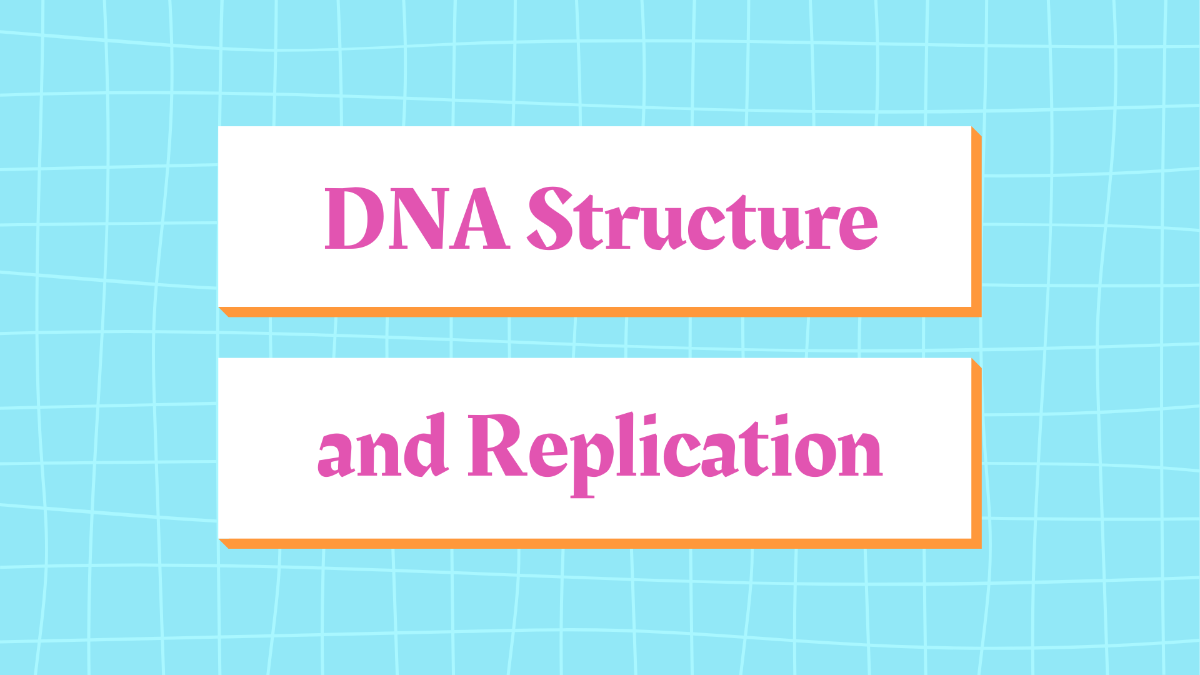Political Science Chapter Outline
Prepared by: [Your Name]
1. The Nature of Political Science
1.1 Definition and Scope
Definition: Political science is the academic discipline that studies the theory and practice of politics and government. It seeks to understand how political systems operate, how policies are made, and how political behavior impacts societies.
Scope: This includes examining political institutions (like parliaments and courts), political behavior (such as voting and activism), public policies (including health care and education policies), and political ideologies (like democracy and socialism).
1.2 Subfields of Political Science
Comparative Politics: Studies and compares political systems and institutions across different countries to understand how they operate and influence one another.
International Relations: Examines interactions between countries, the role of international organizations, and global issues such as conflicts and trade.
Political Theory: Focuses on ideas and philosophies that shape political thought, including concepts like justice, liberty, and equality.
Public Administration: Investigates how public policies are implemented and the functioning of bureaucratic systems.
Public Policy: Analyzes the creation and impact of policies on society, including policy evaluation and recommendations.
1.3 Methodologies in Political Science
Qualitative Analysis: Involves non-numeric data such as interviews, case studies, and historical documents to understand political phenomena.
Quantitative Research: Uses statistical methods and numerical data to identify patterns and test theories in political science.
Historical Methods: Examines past events and their impacts on current political systems and behavior.
Case Studies: Detailed analysis of specific instances or examples of political phenomena to draw broader conclusions.
2. Key Concepts in Political Science
2.1 Power and Authority
Power: The capacity to influence or control others' actions, often through persuasion or coercion.
Authority: The recognized and legitimate right to exercise power, often granted by legal or societal norms.
2.2 State and Sovereignty
State: A political entity with defined territorial boundaries, a permanent population, a government, and the ability to enter into relations with other states.
Sovereignty: The principle that a state has supreme authority within its territory and is free from external interference.
2.3 Governments and Regimes
Democracies: Systems where power is vested in the people, who rule either directly or through elected representatives.
Autocracies: Systems where power is concentrated in the hands of a single ruler or a small group, with limited political pluralism.
Authoritarian Systems: Regimes where power is centralized, and individual freedoms are often restricted.
3. Political Theories and Ideologies
3.1 Classical Political Theory
Plato: Explored the idea of the ideal state and philosopher-kings in works like "The Republic."
Aristotle: Analyzed different forms of government and their functions in "Politics."
Machiavelli: Discussed political power and pragmatism in "The Prince."
3.2 Modern Political Ideologies
Liberalism: Emphasizes individual freedoms, democracy, and market economies.
Conservatism: Focuses on tradition, social stability, and gradual change.
Socialism: Advocates for social ownership and egalitarian distribution of resources.
Fascism: Promotes authoritarian nationalism and often involves dictatorial power.
Feminism: Seeks gender equality and examines the role of gender in political and social systems.
4. Comparative Politics
4.1 Comparative Method
Comparative Analysis: Uses systematic comparison of political systems and institutions to identify patterns and differences.
Case Studies: In-depth examination of specific political entities to understand their functioning and impact.
4.2 Political Systems
Presidential Systems: Characterized by a separation of powers between the executive and legislative branches.
Parliamentary Systems: Where the executive branch derives its legitimacy from the legislature and is accountable to it.
Hybrid Systems: Combines features of both presidential and parliamentary systems.
5. International Relations
5.1 Theories of International Relations
Realism: Focuses on the pursuit of power and national interest in an anarchic international system.
Liberalism: Emphasizes cooperation, international institutions, and the potential for peaceful relations.
Constructivism: Highlights the role of ideas, beliefs, and identities in shaping international relations.
Marxism: Analyzes international relations through the lens of economic class struggles and capitalist exploitation.
5.2 Global Governance
International Organizations: Discusses the roles and effectiveness of entities like the United Nations, World Bank, and IMF in managing global issues and fostering international cooperation.
6. Public Administration and Policy
6.1 Nature of Public Administration
Principles: Covers organizational structures, management practices, and administrative functions within public institutions.
Bureaucracy: Examines the roles and challenges of bureaucratic systems in implementing policies.
6.2 Policy Making Process
Stages: Includes agenda setting (identifying issues), policy formulation (developing proposals), adoption (passing legislation), implementation (enforcing policies), and evaluation (assessing impact).
6.3 Policy Analysis
Techniques: Methods used to evaluate public policies, including cost-benefit analysis, impact assessments, and comparative evaluations.
Effectiveness: Analysis of how well policies achieve their intended goals and their impact on society.
7. Conclusion
Political science provides a broad and deep understanding of the mechanisms of governance, political behavior, and policy impacts. Through its various theories, methodologies, and comparative approaches, it helps to critically analyze and engage with political issues and systems at both domestic and international levels.
